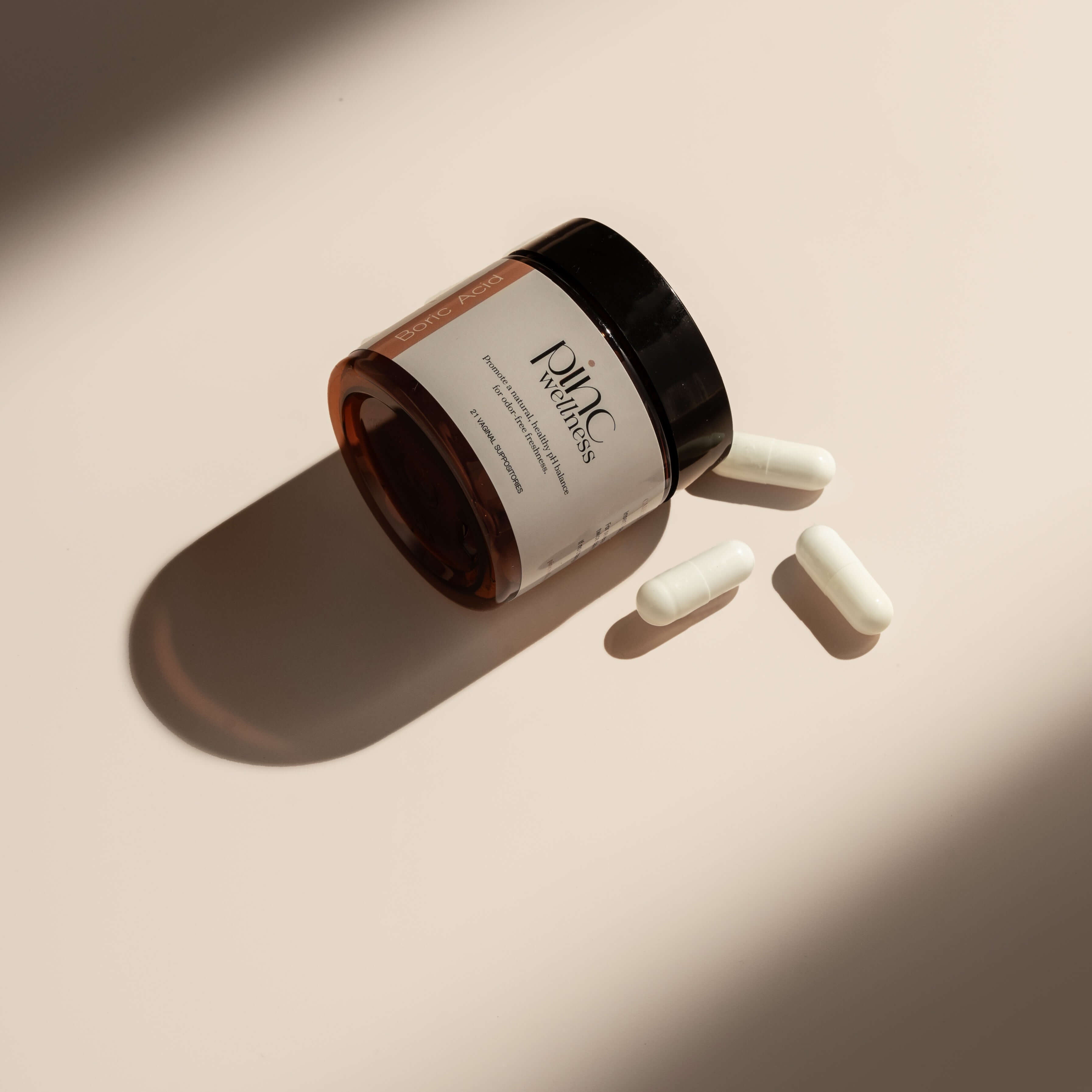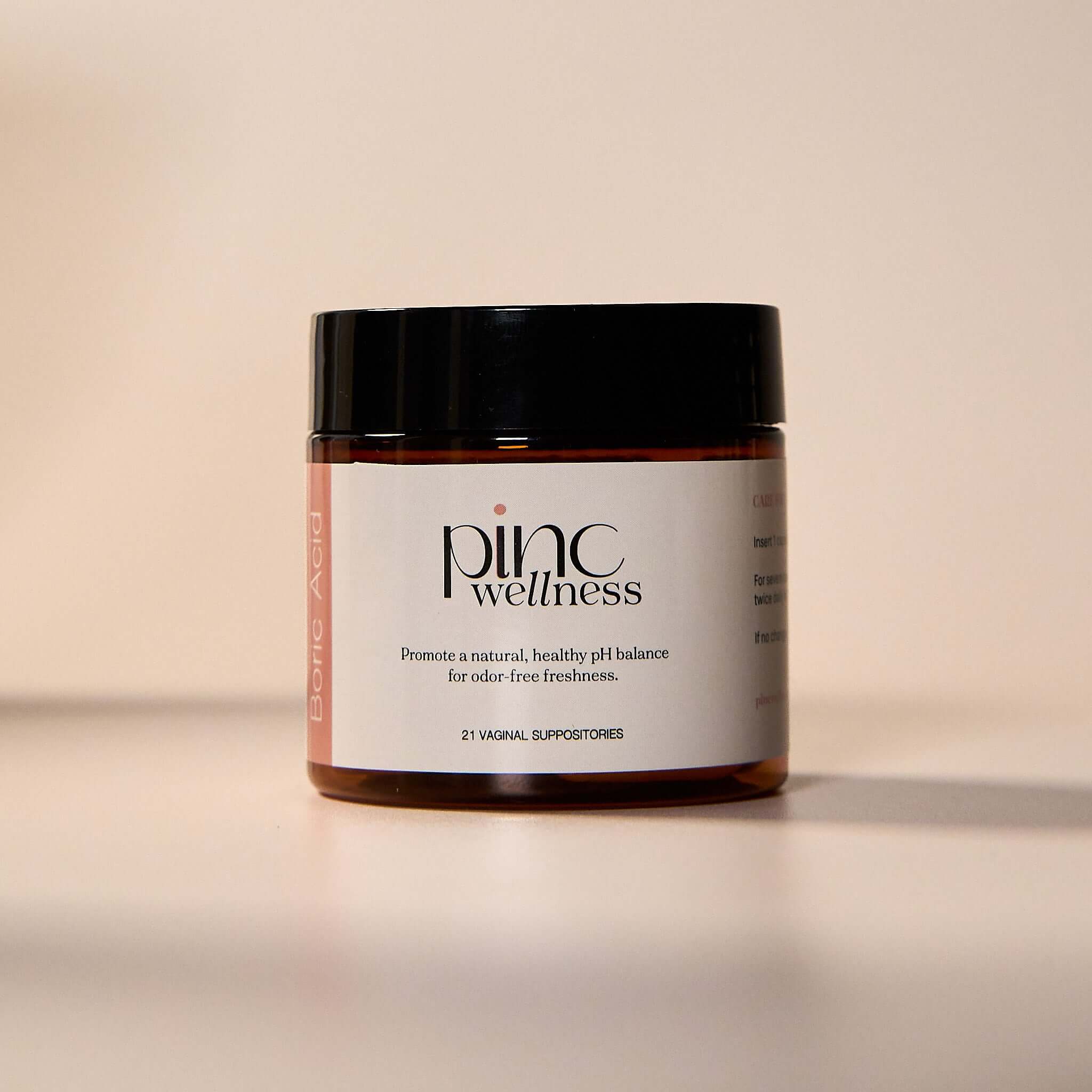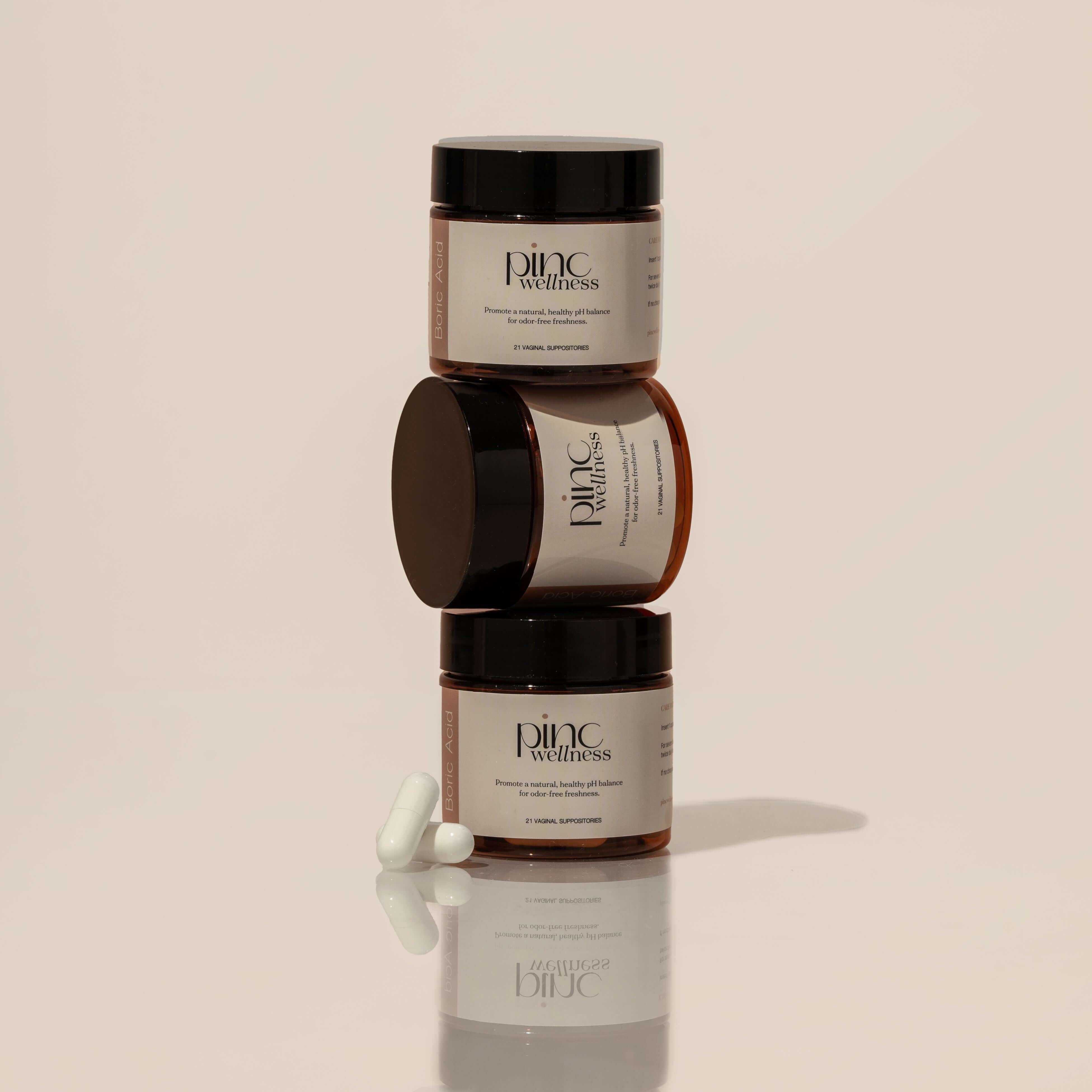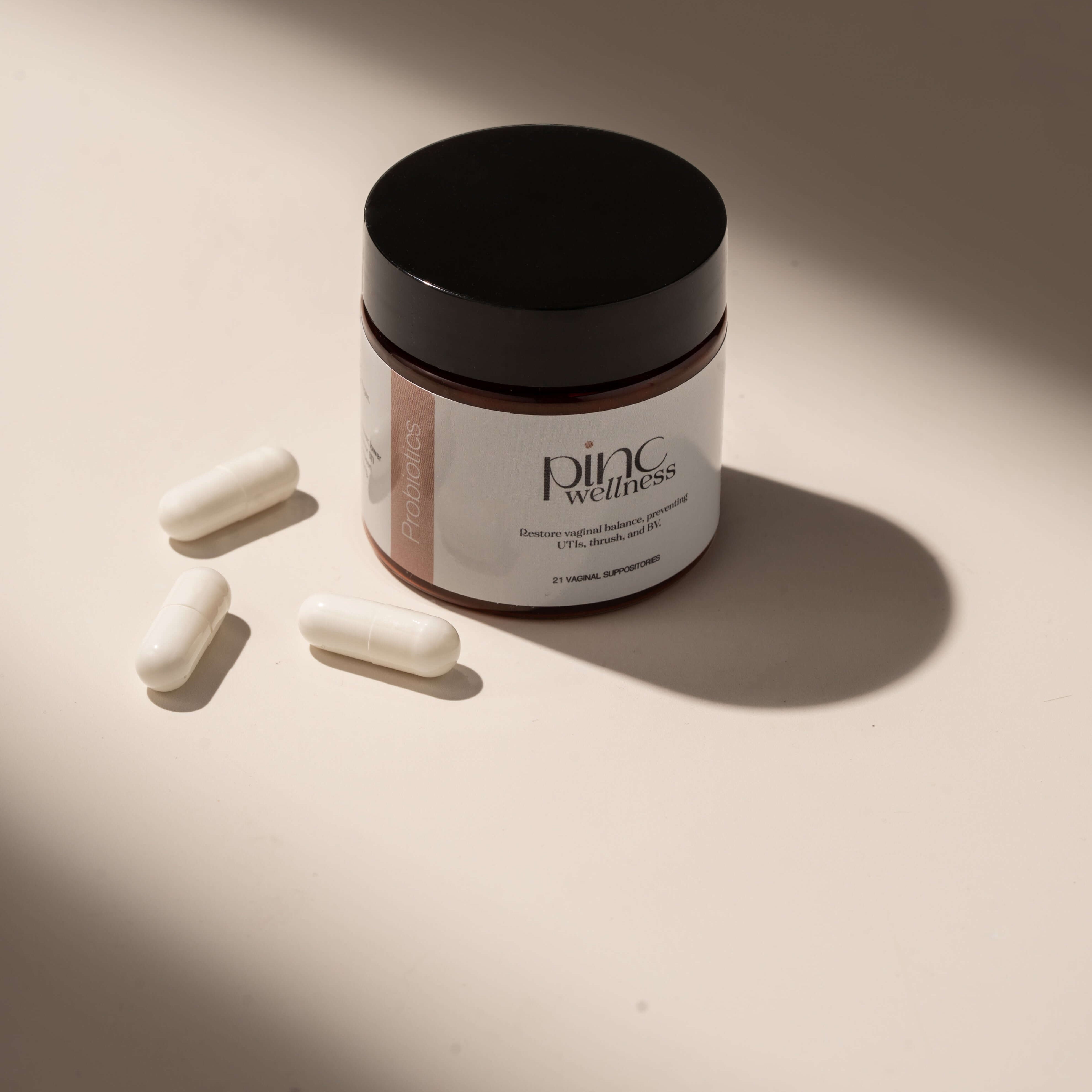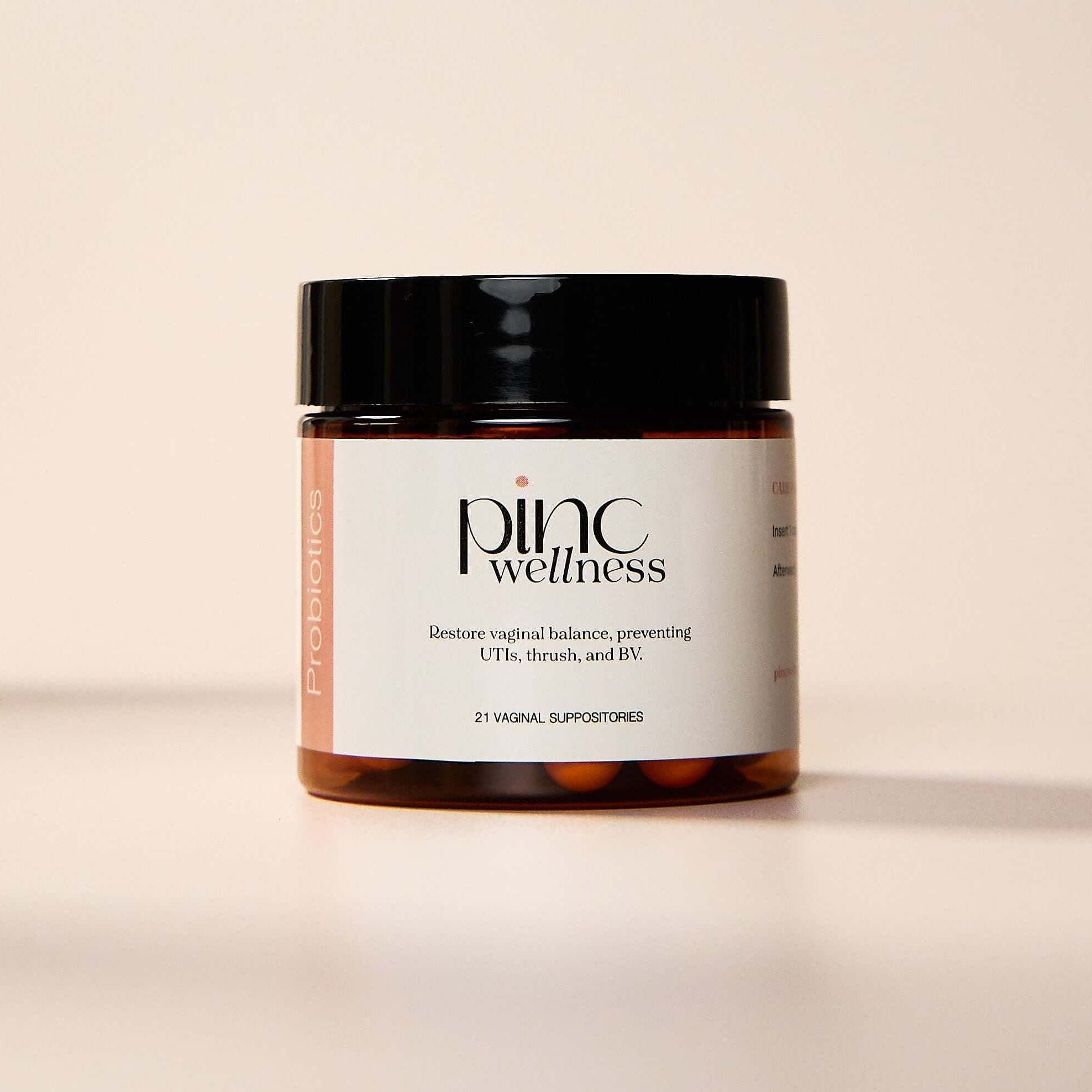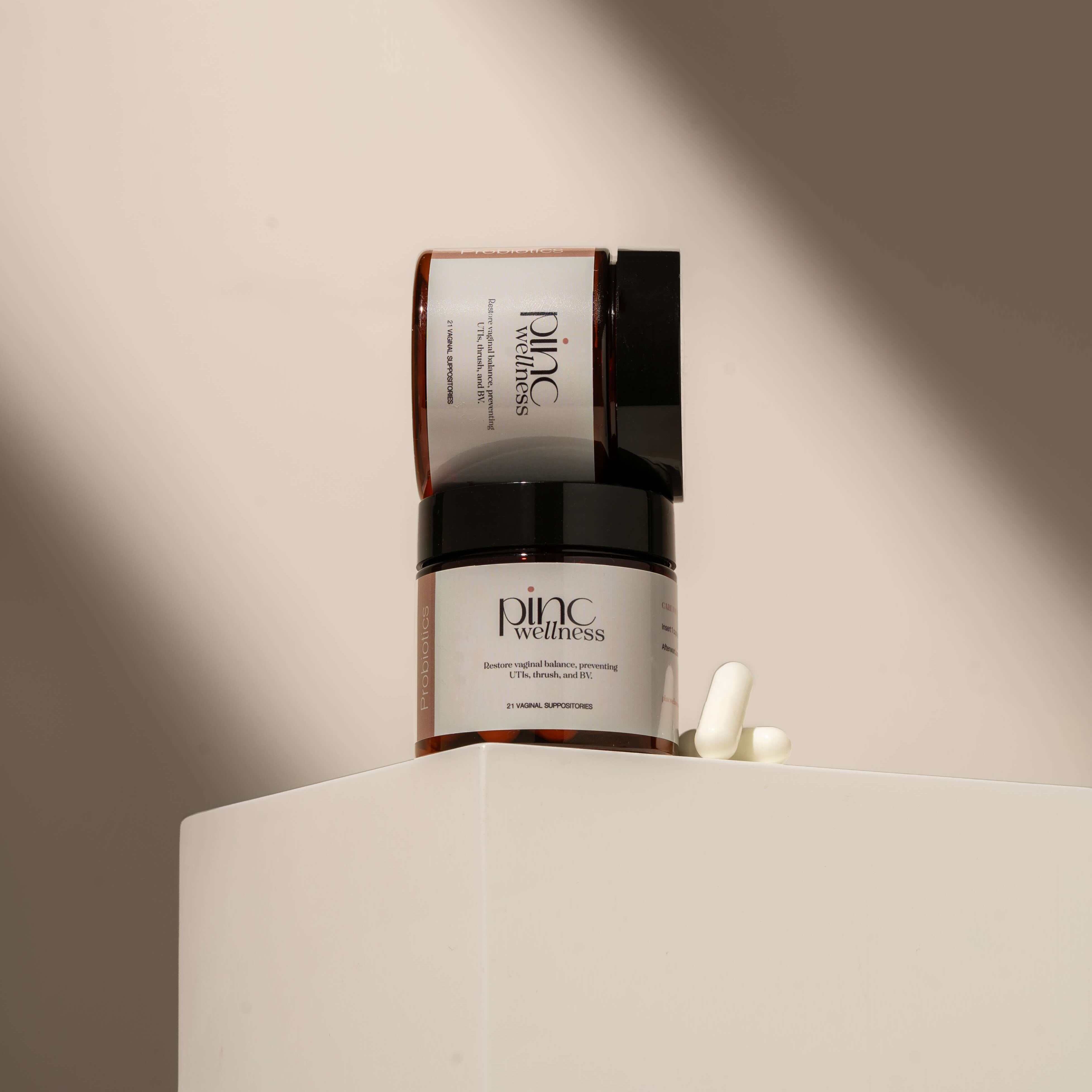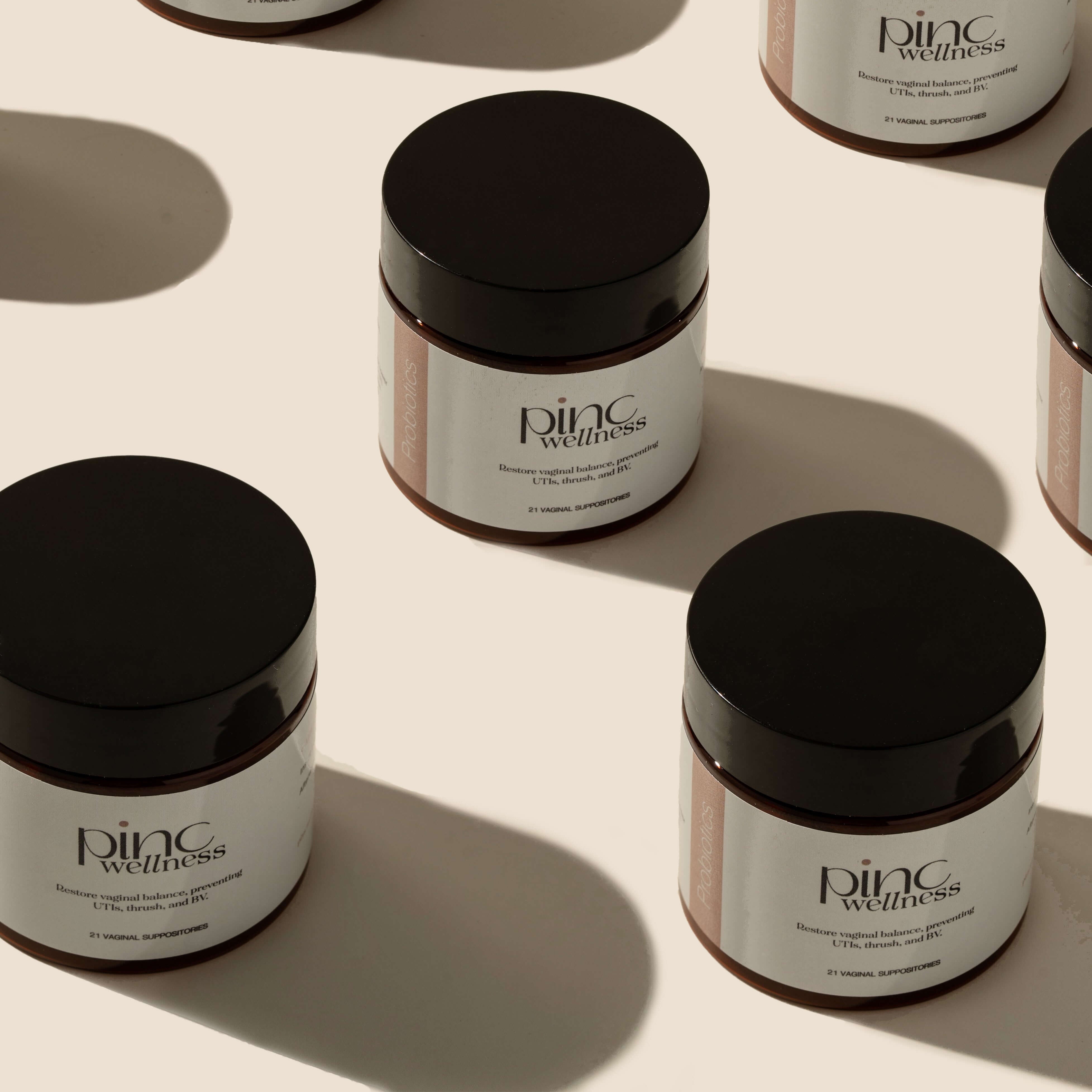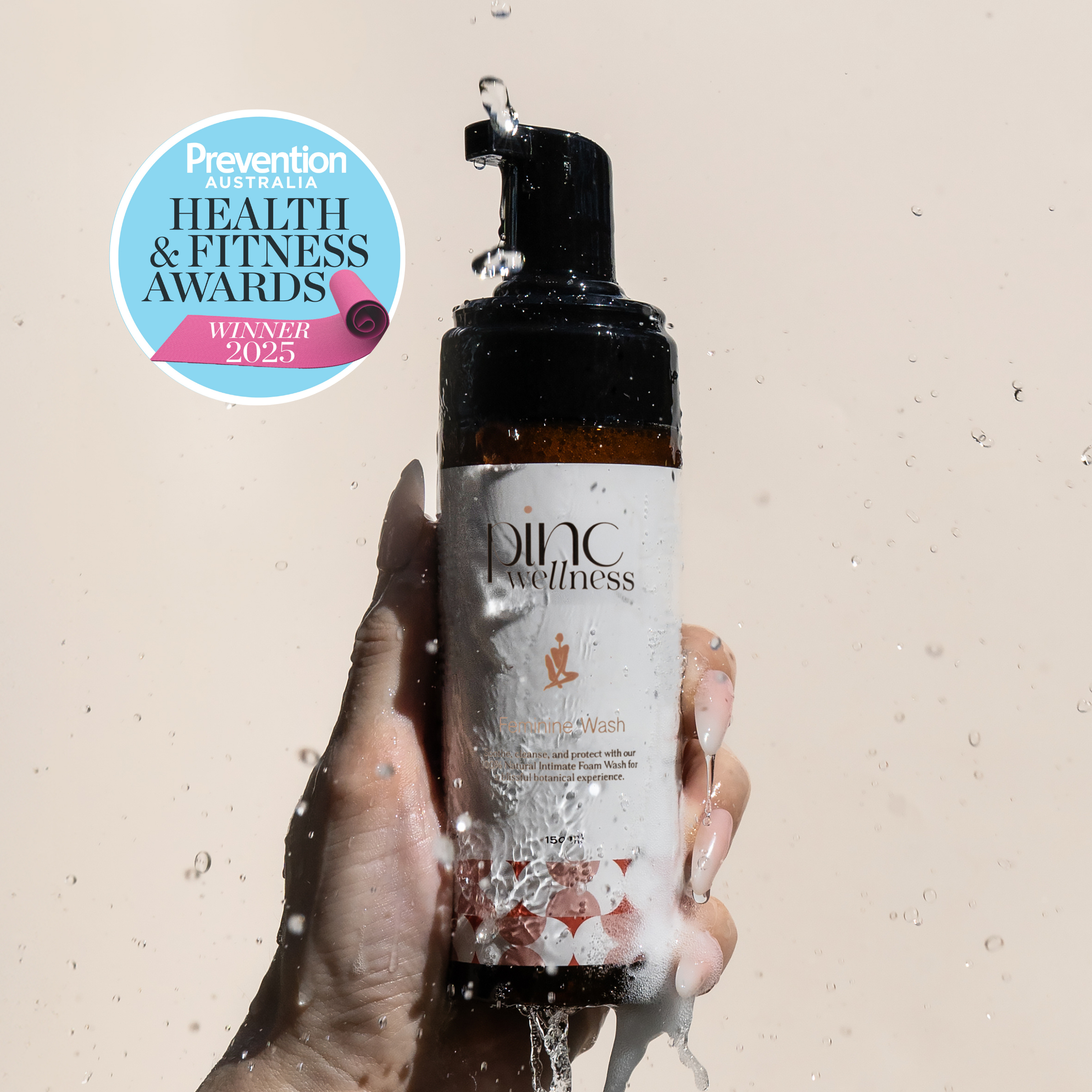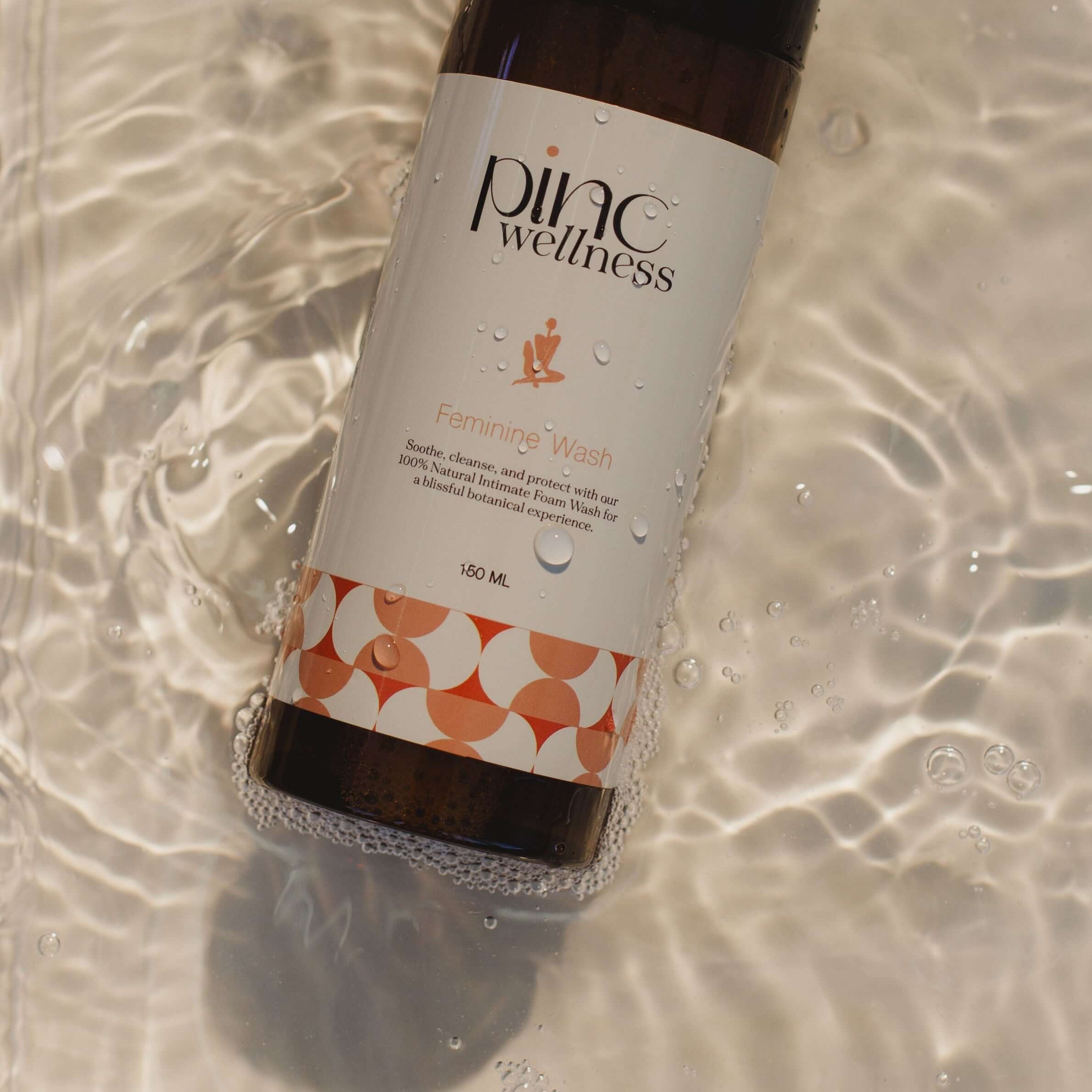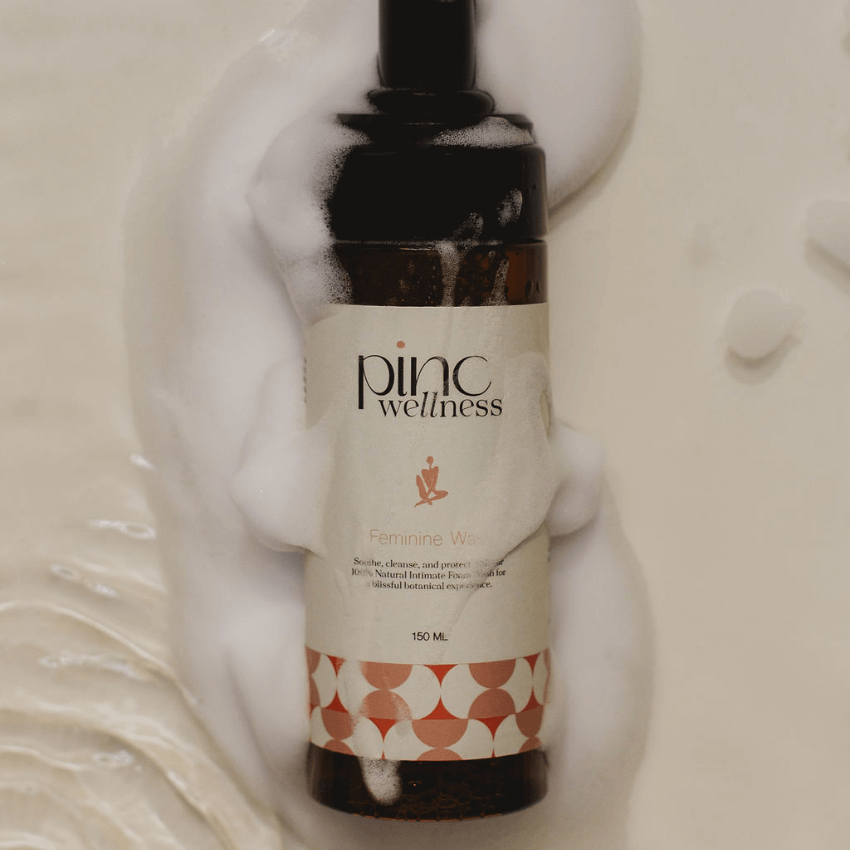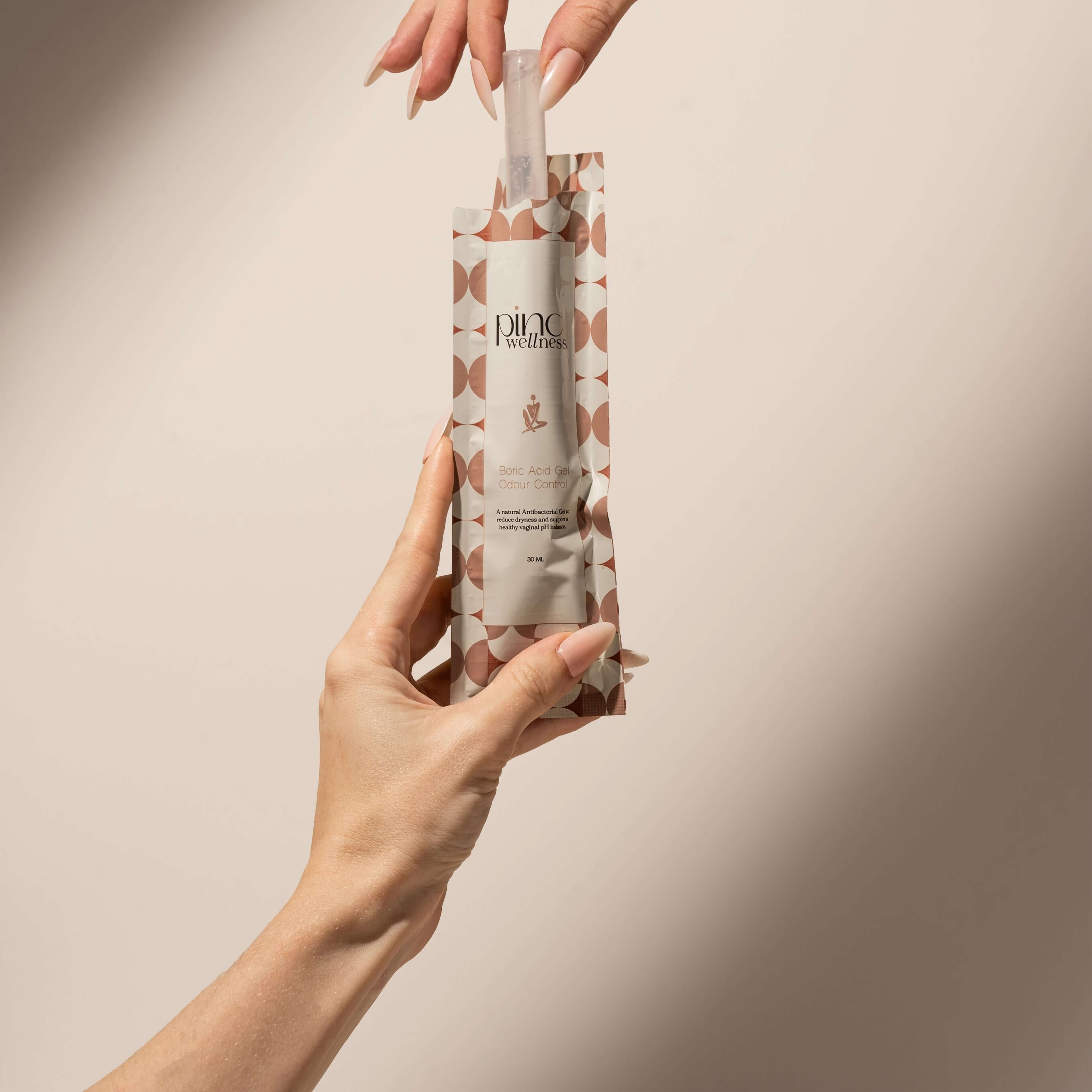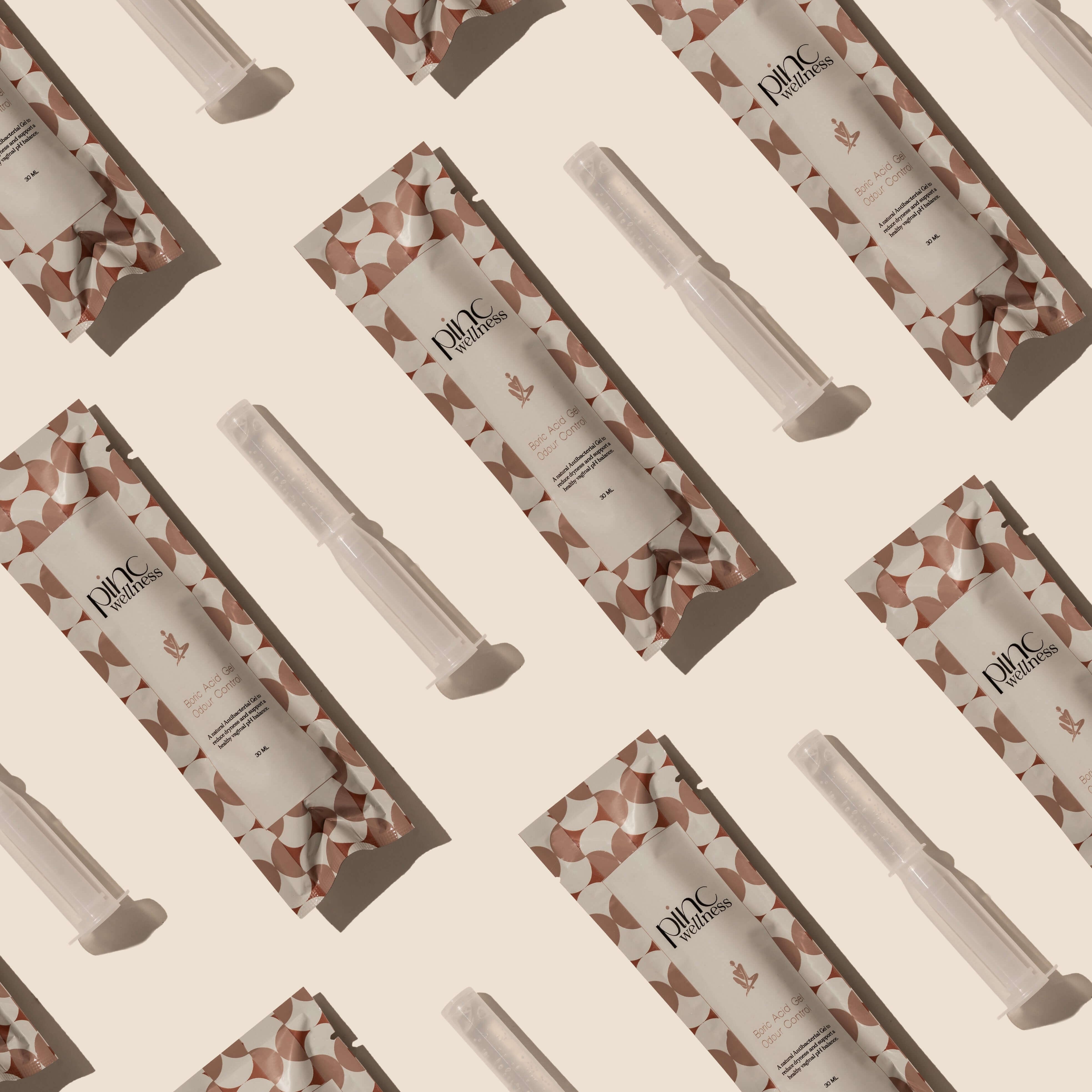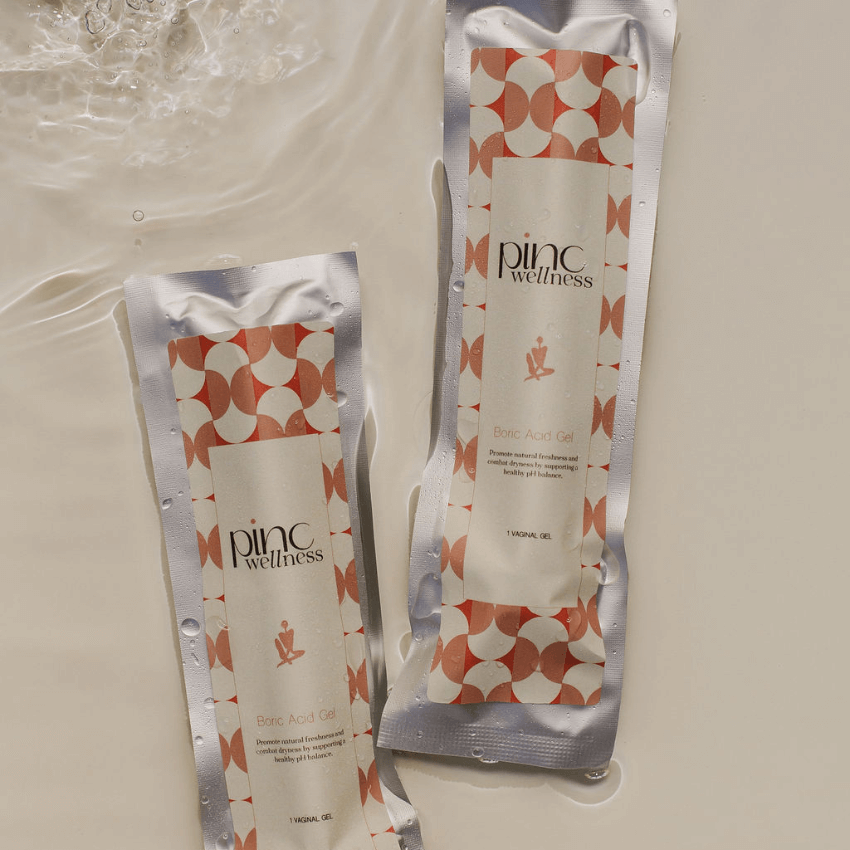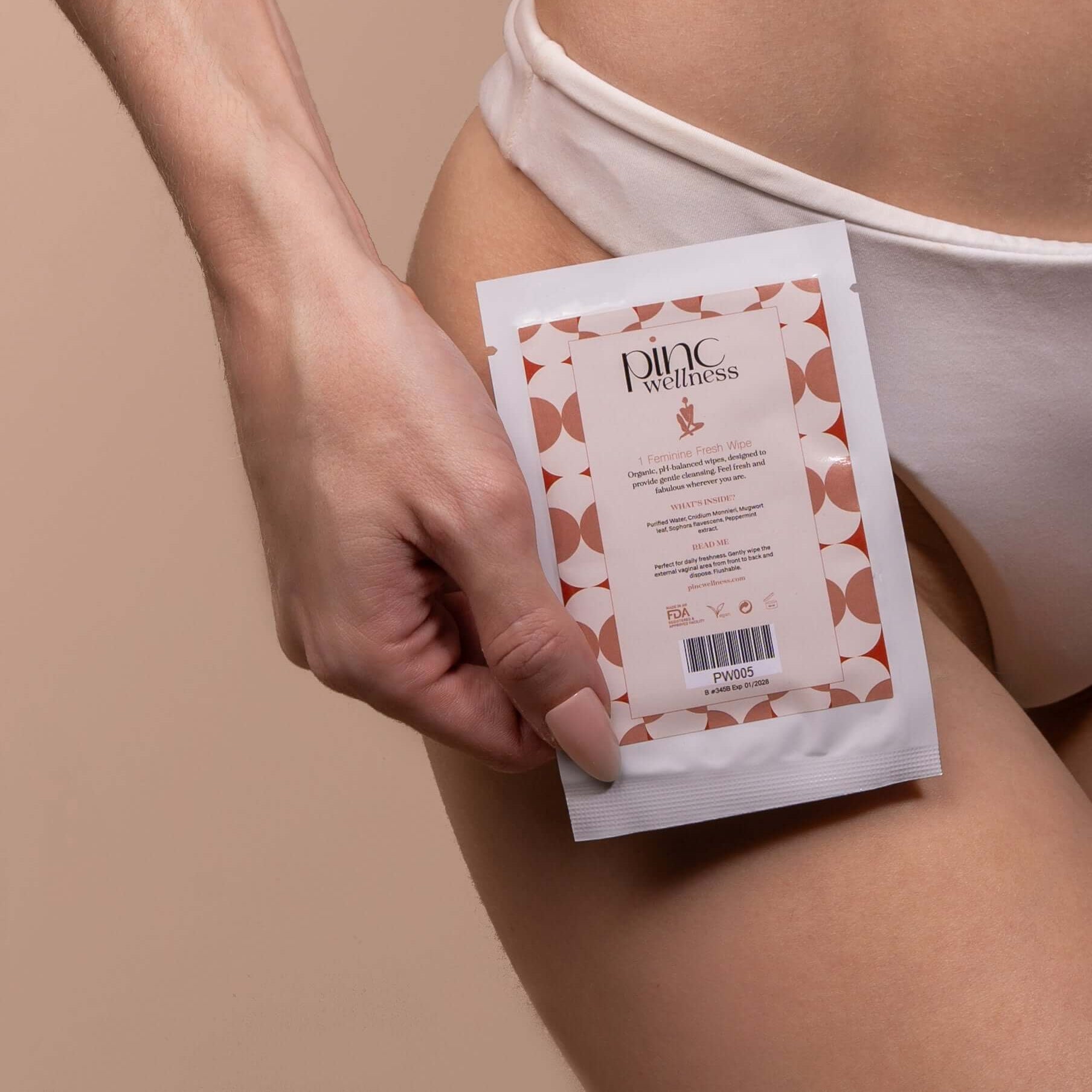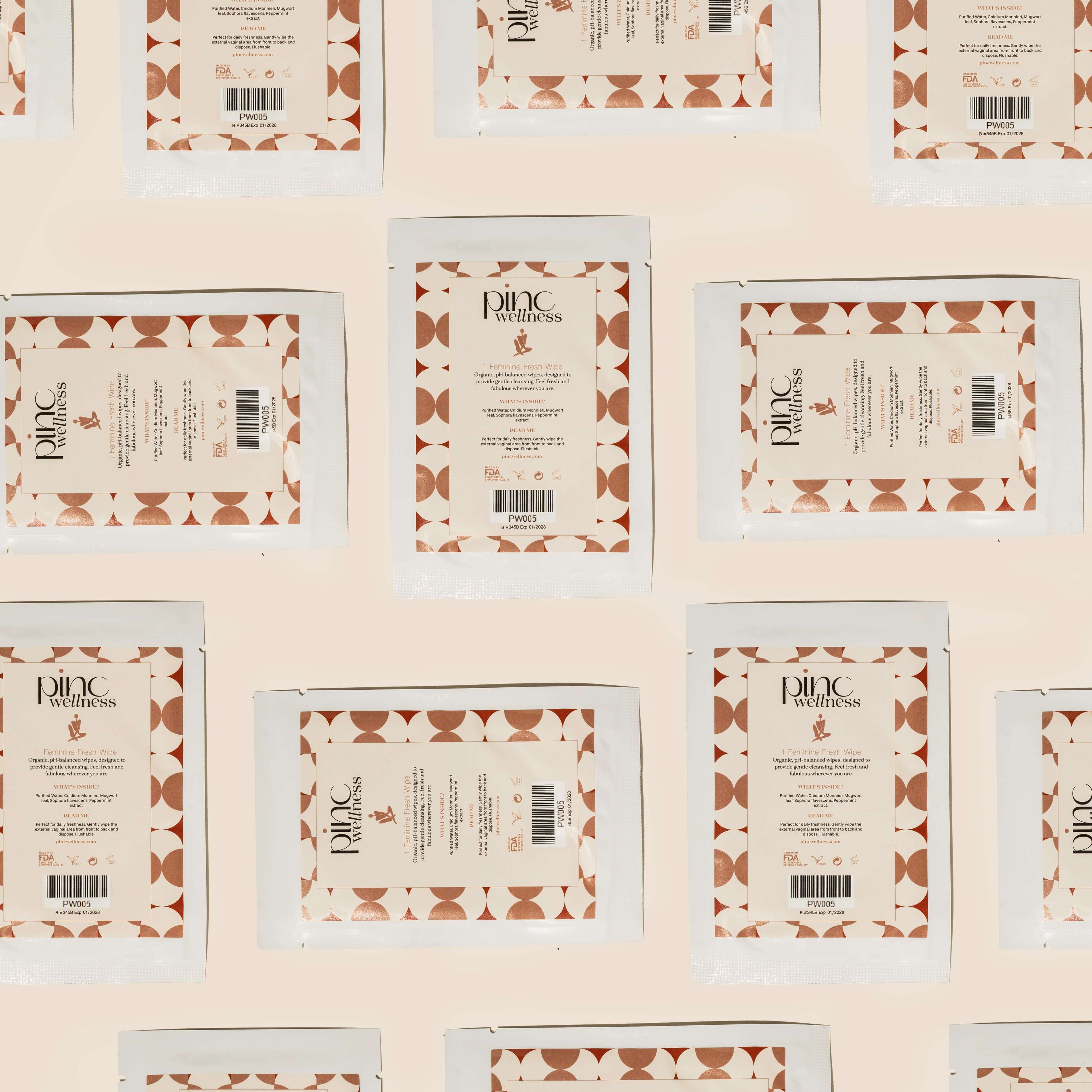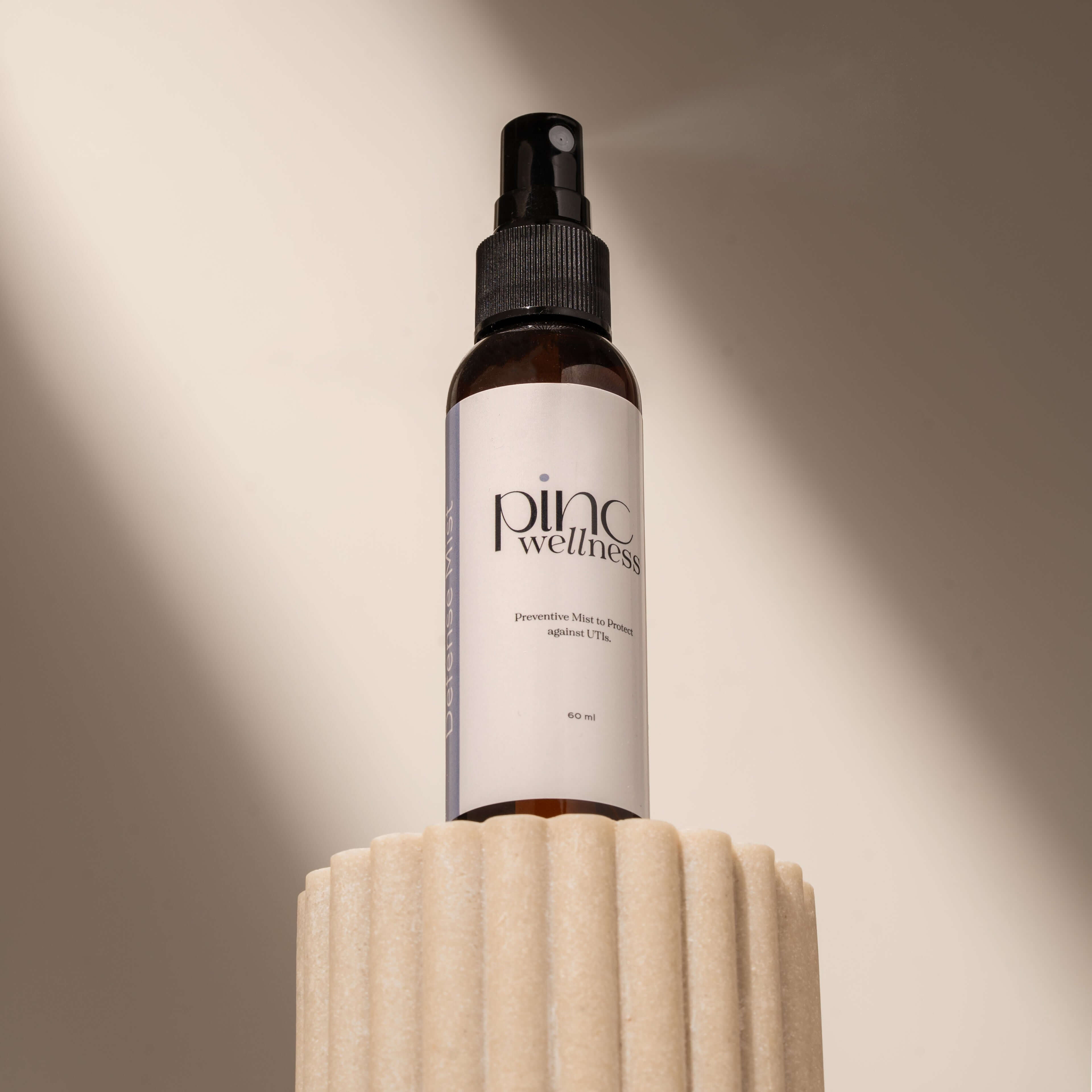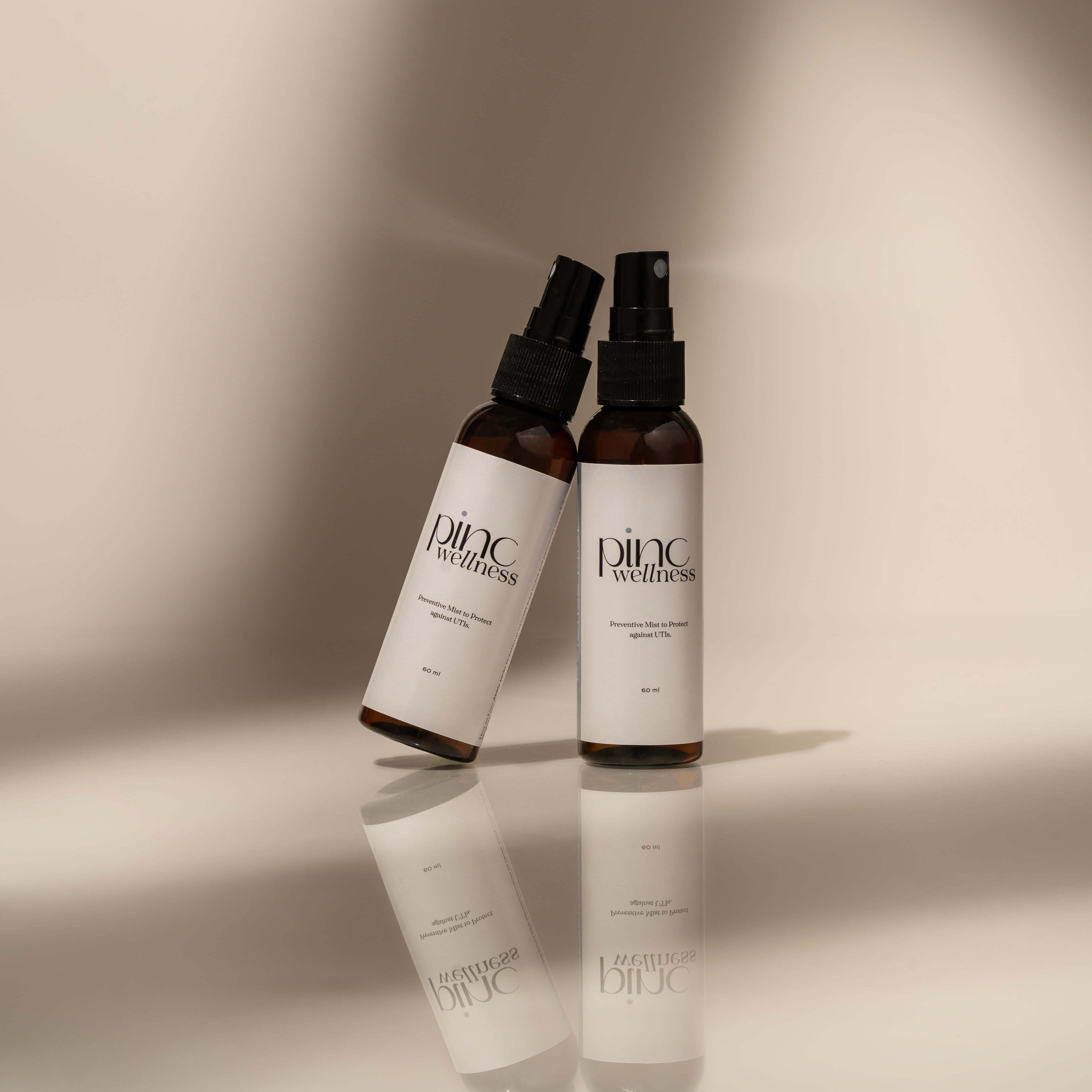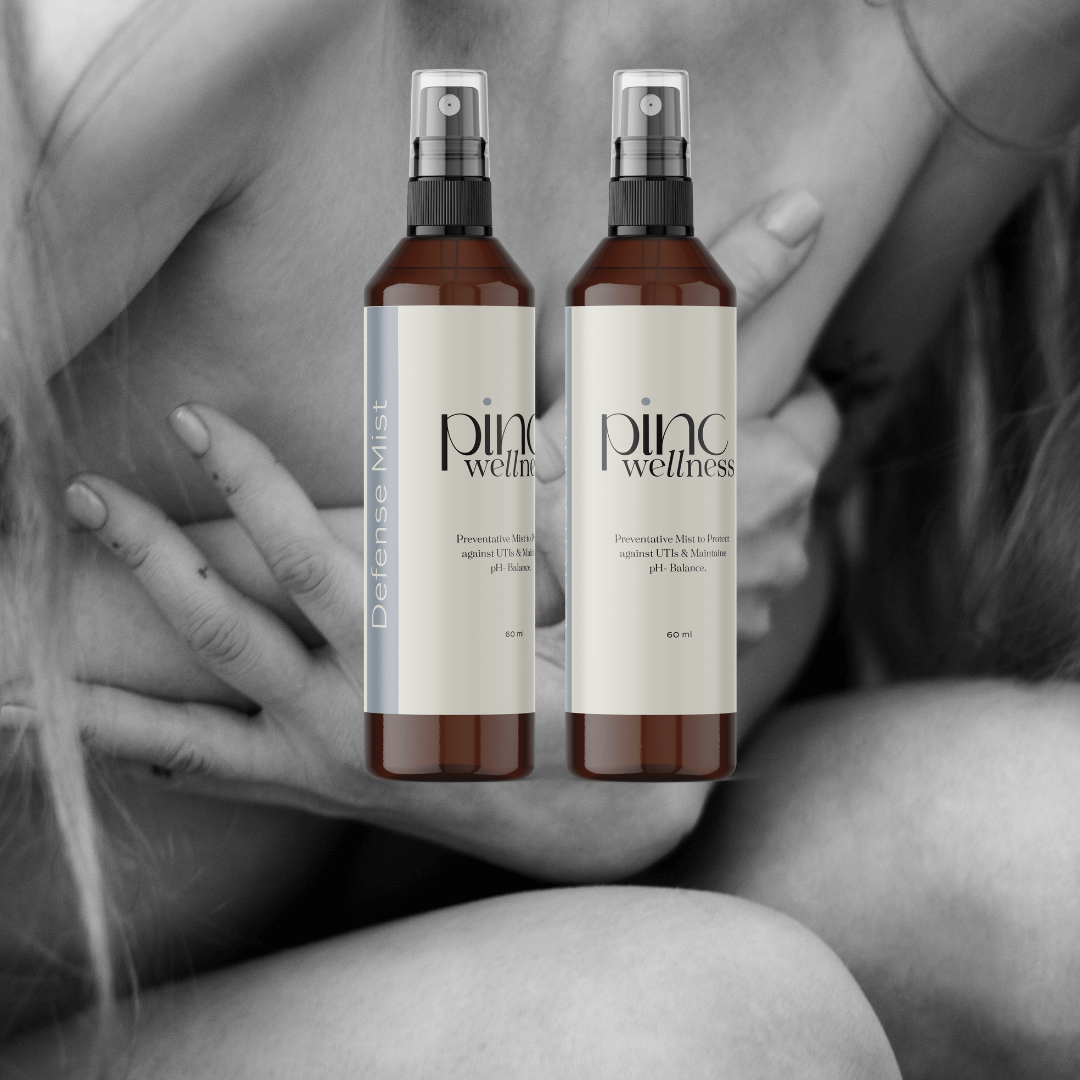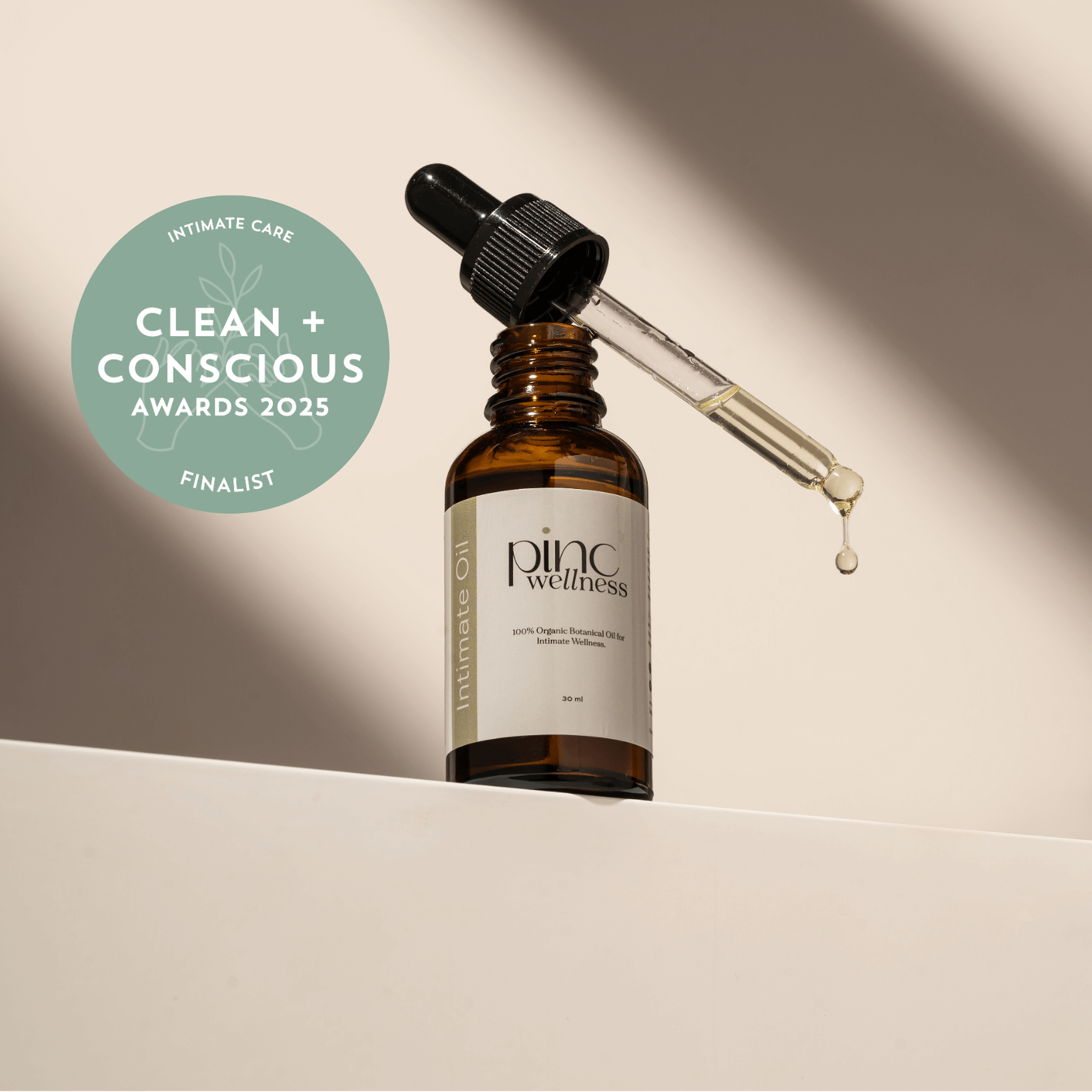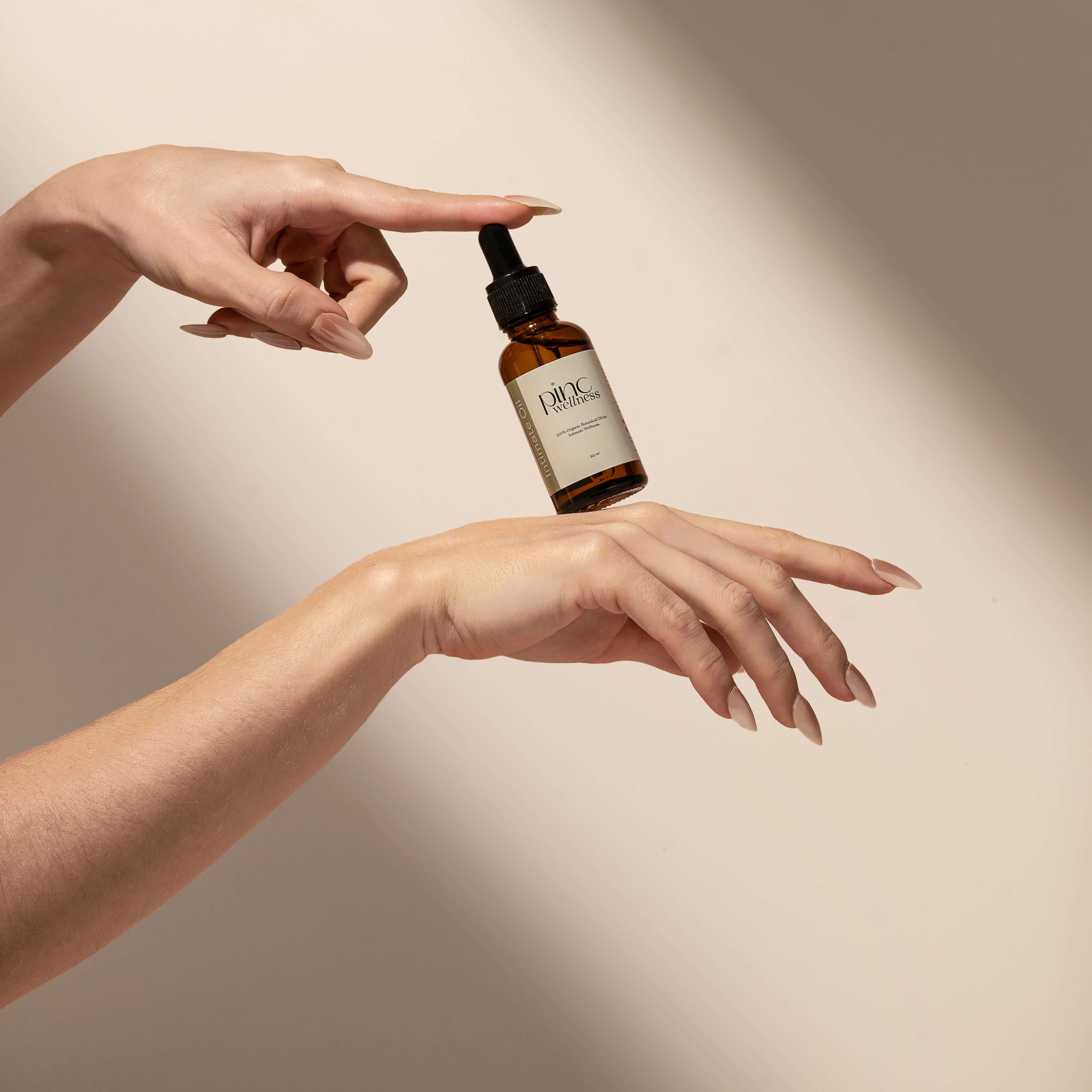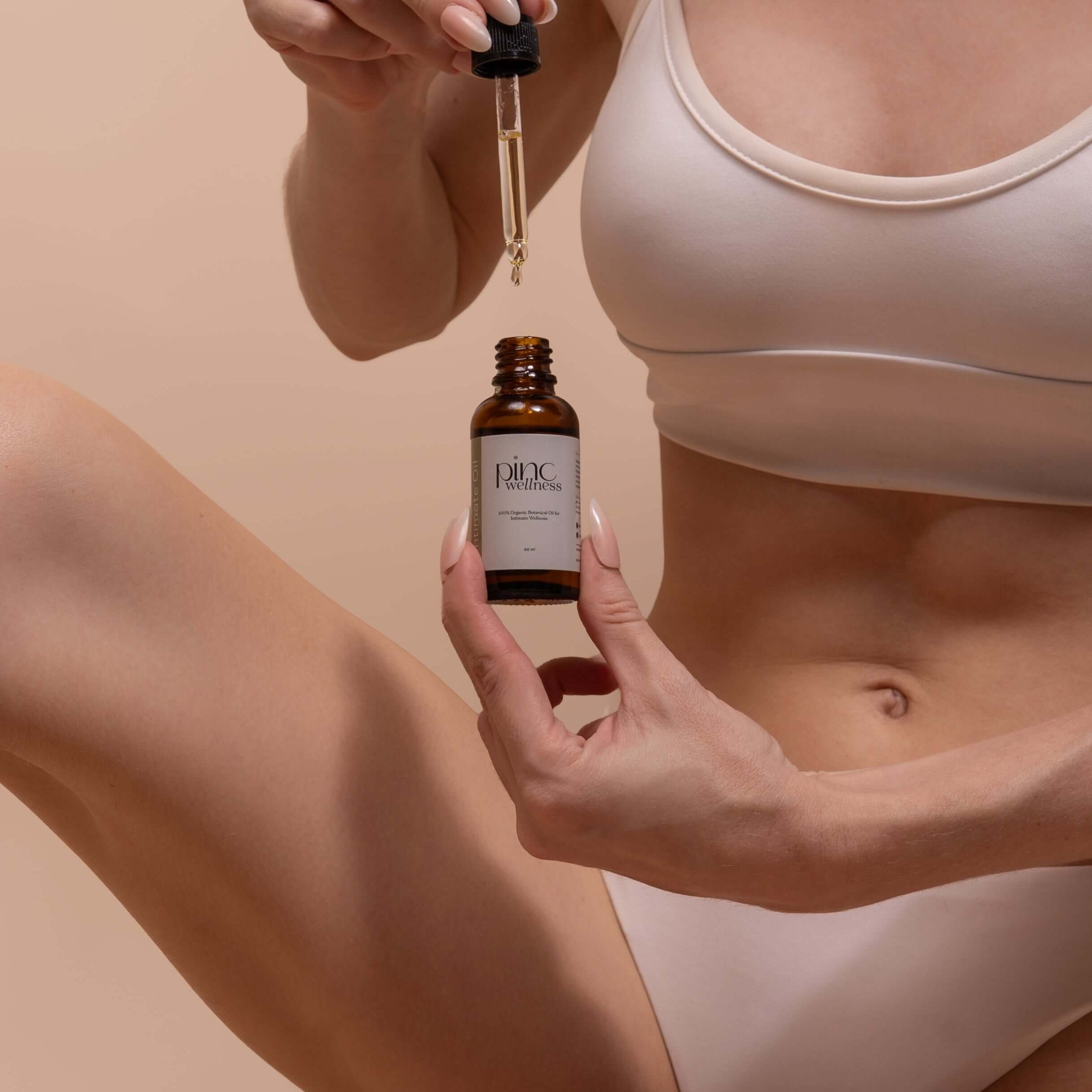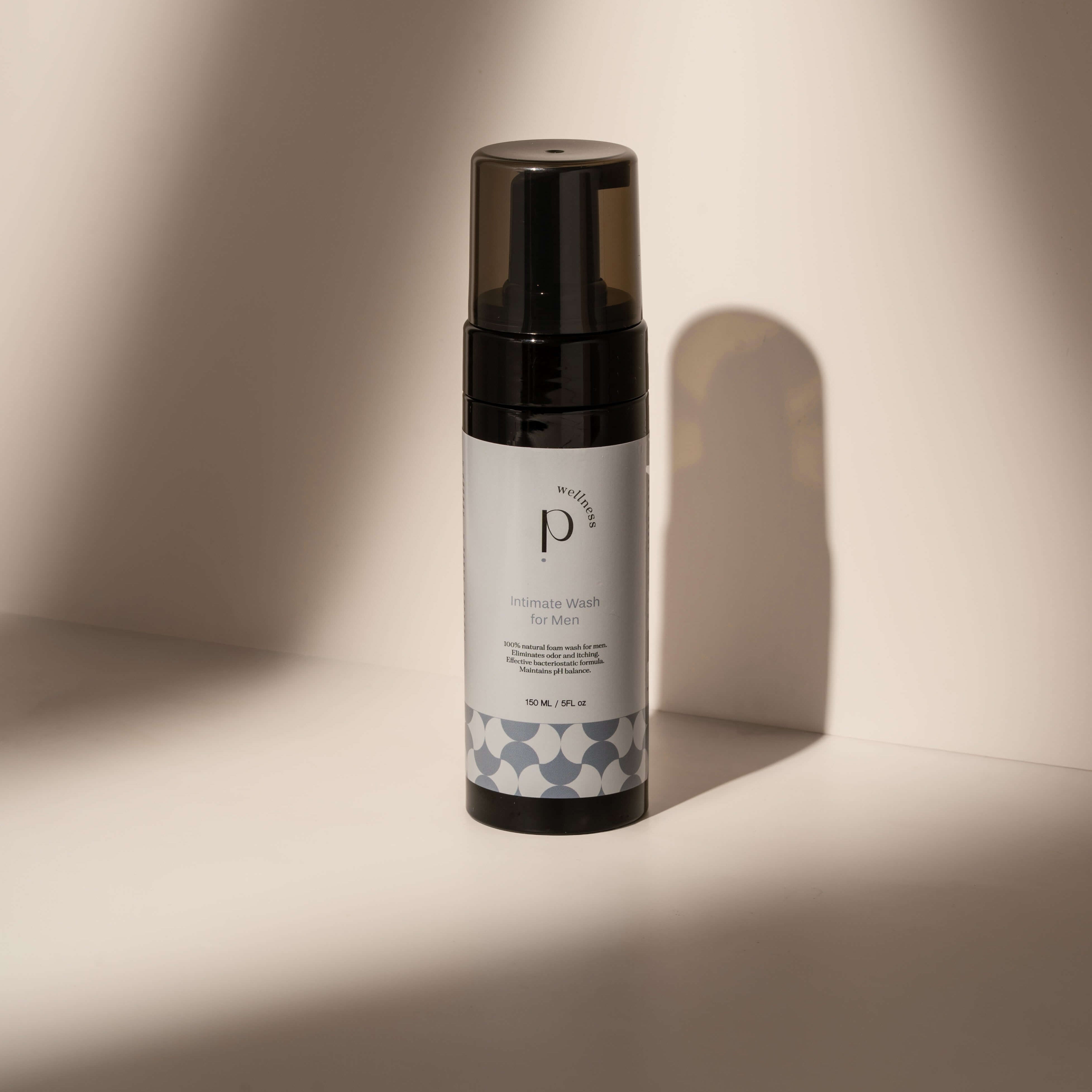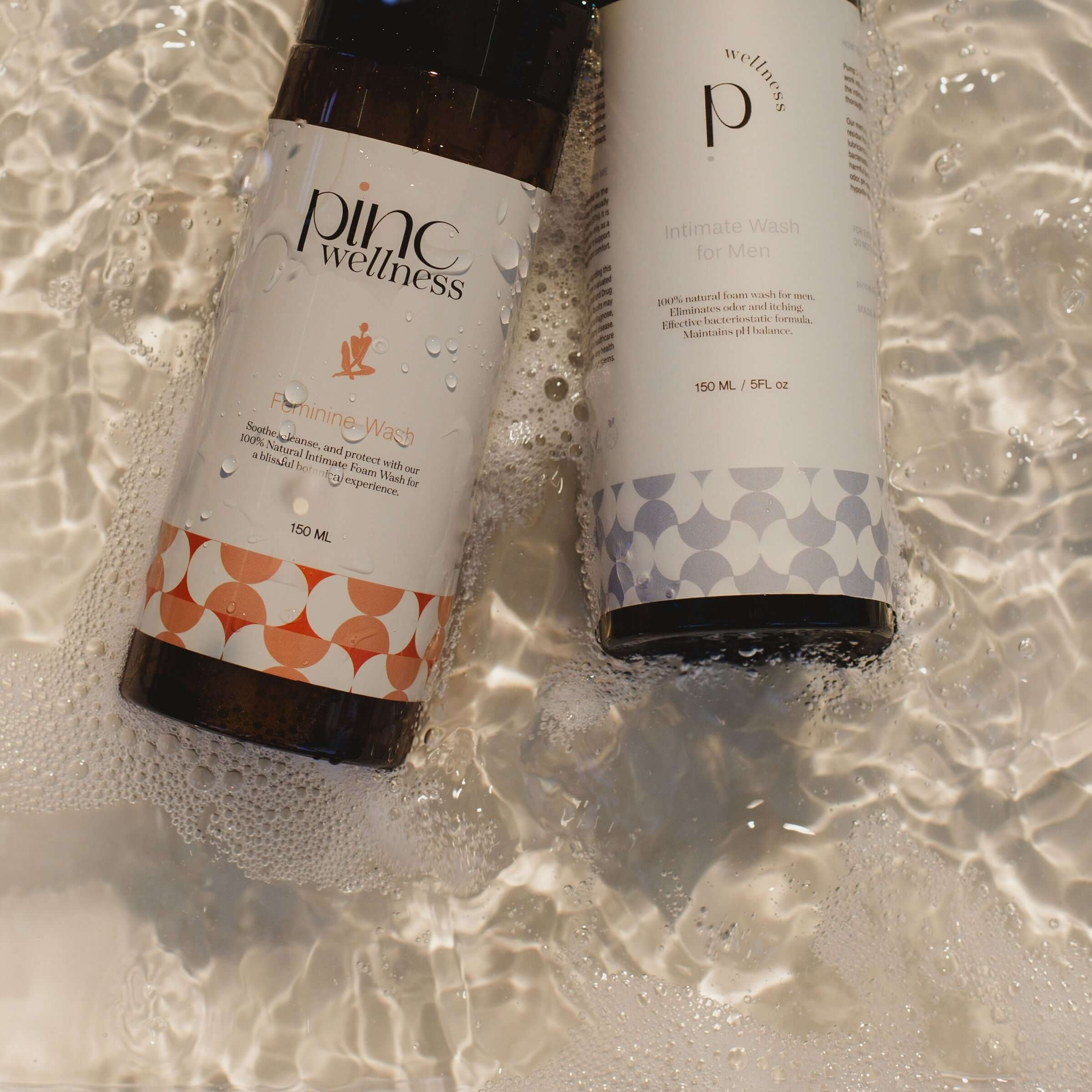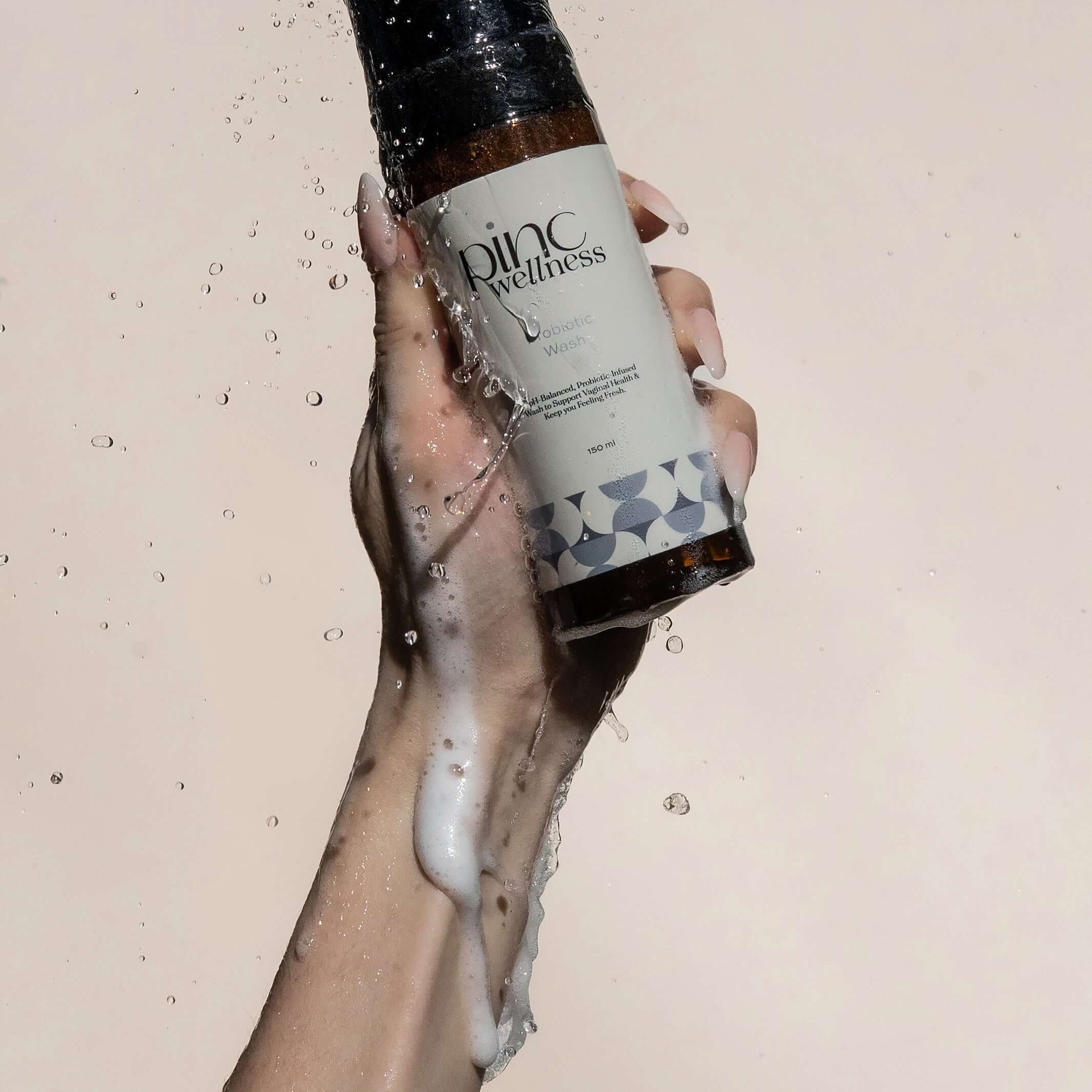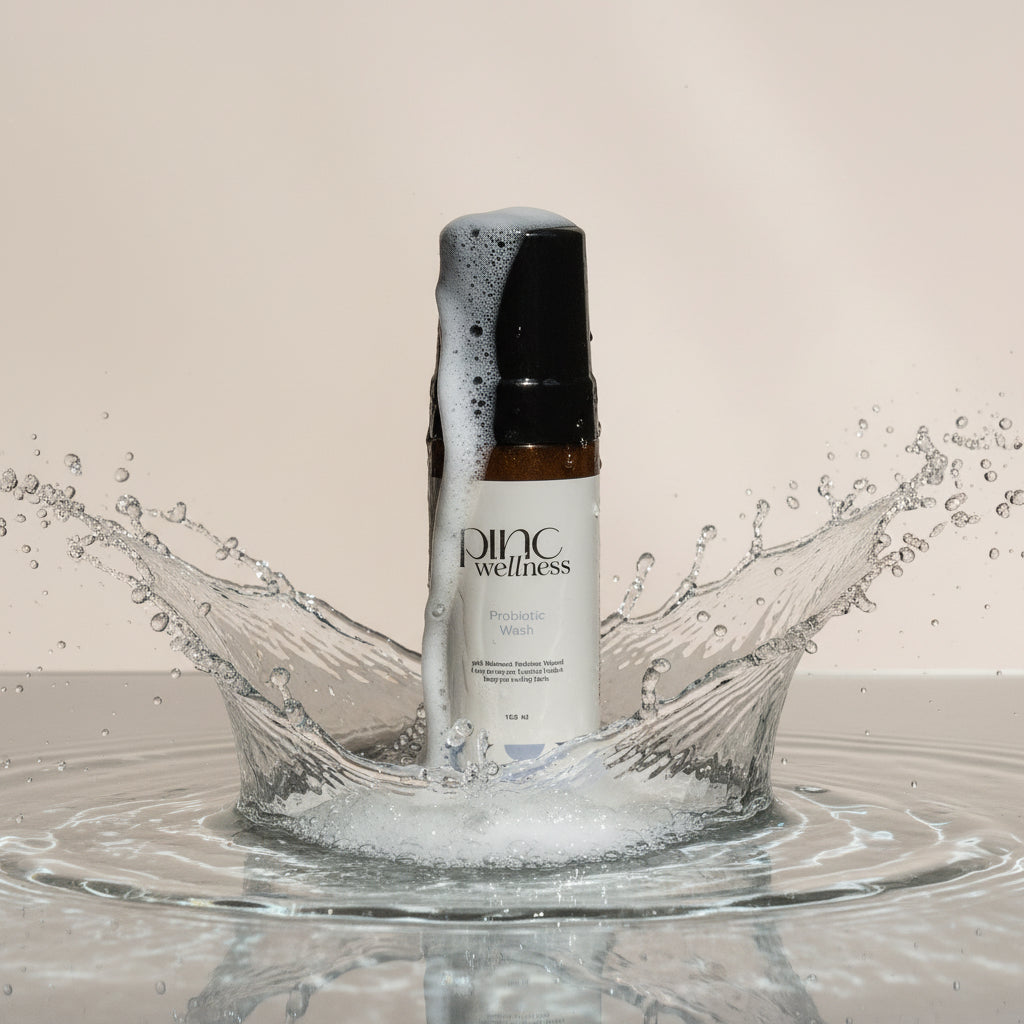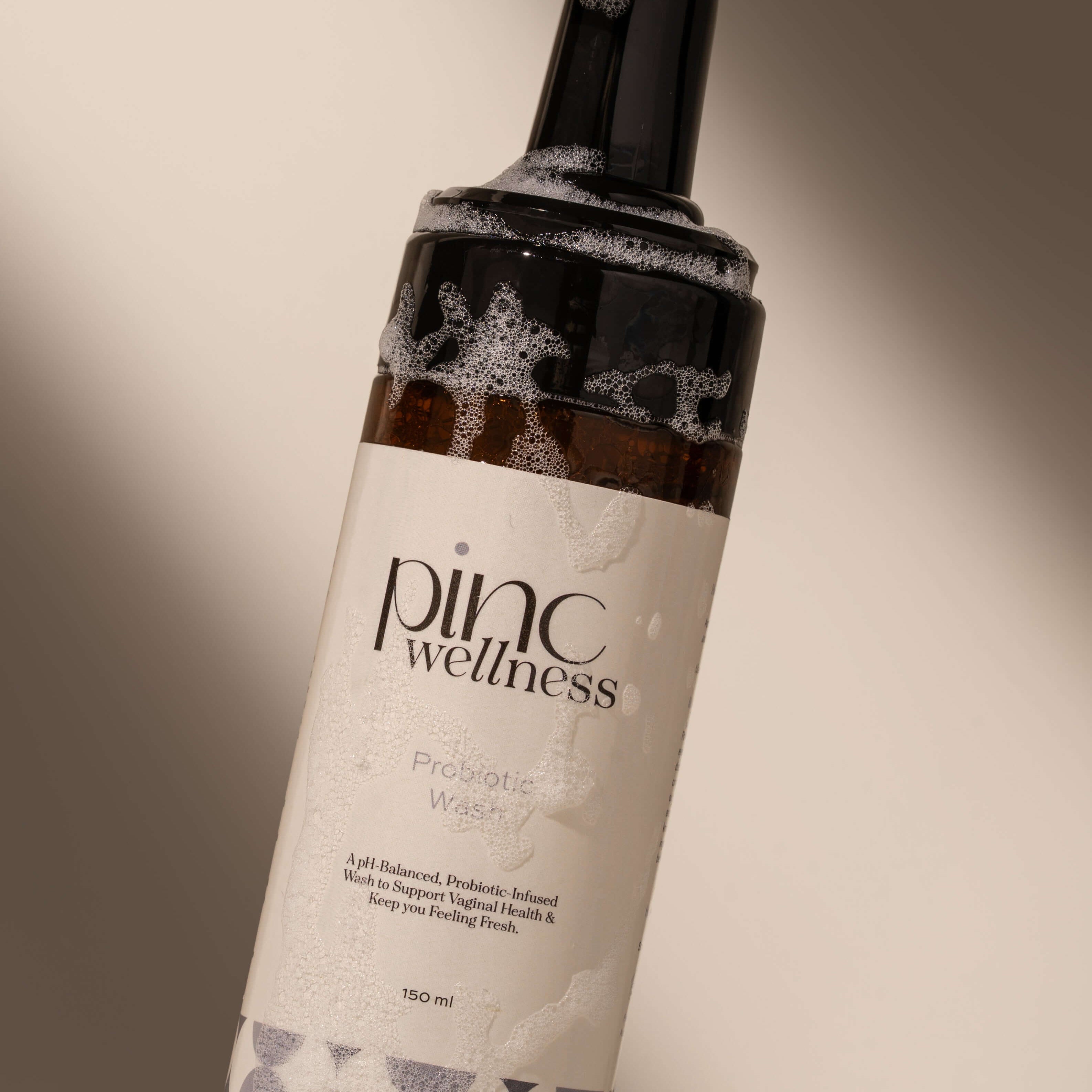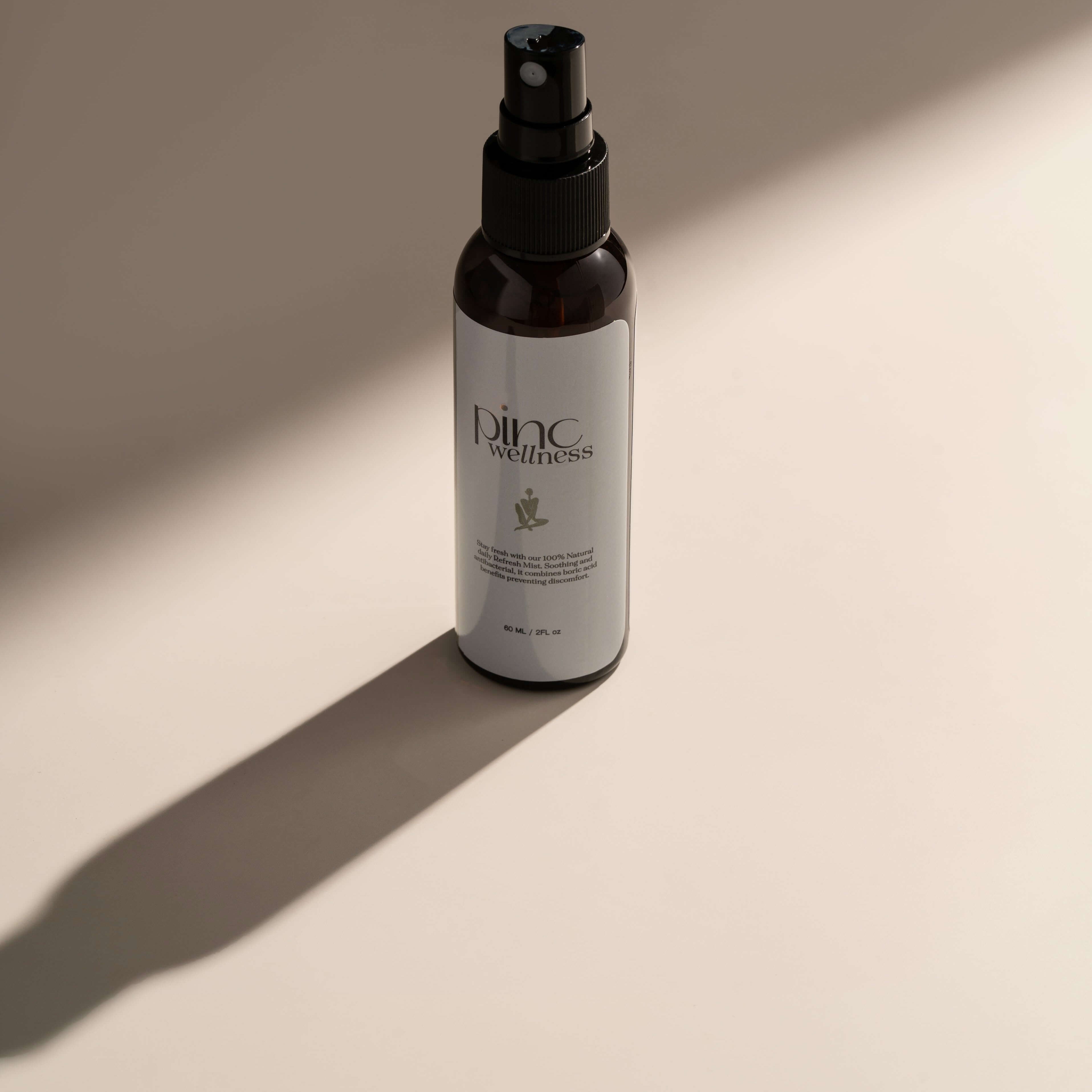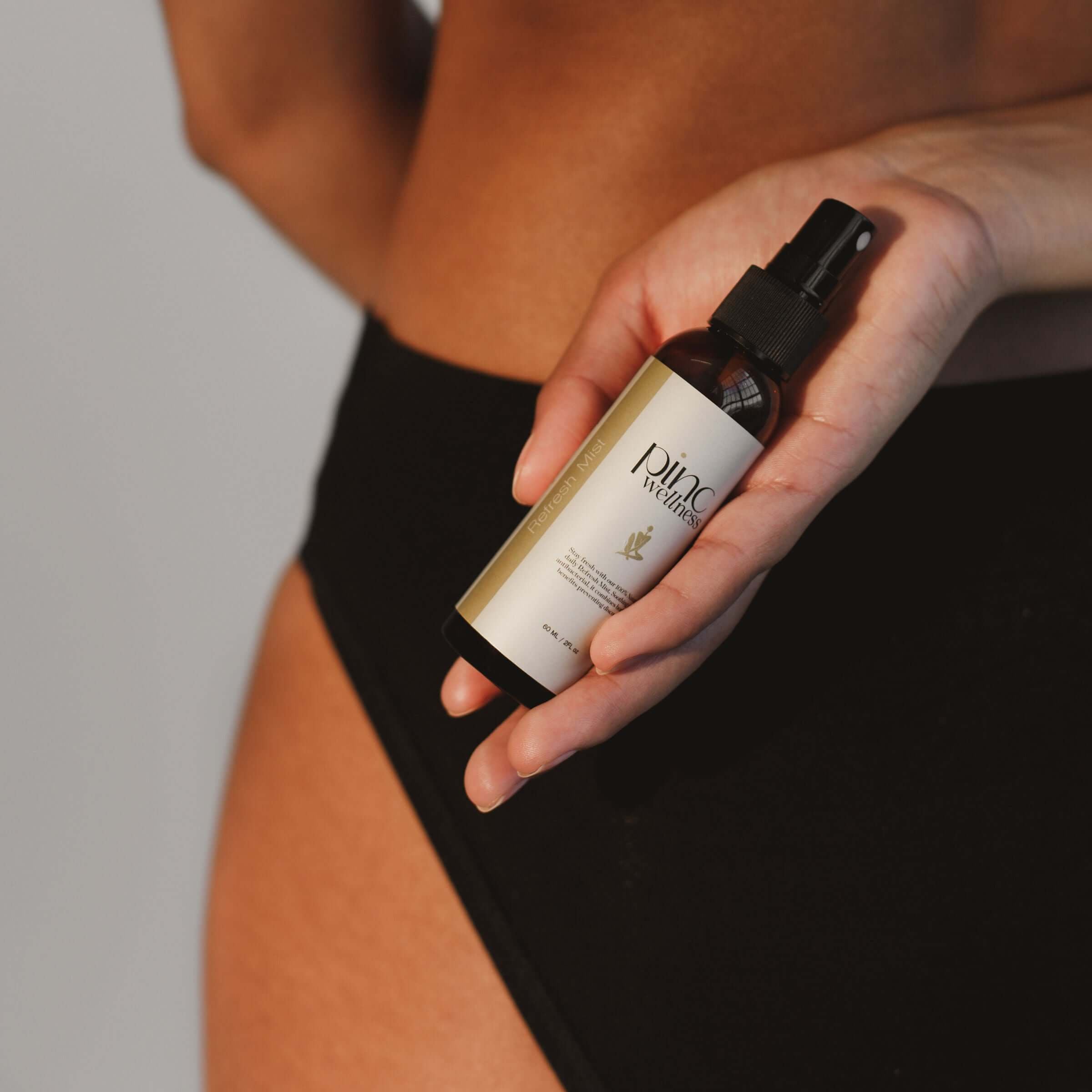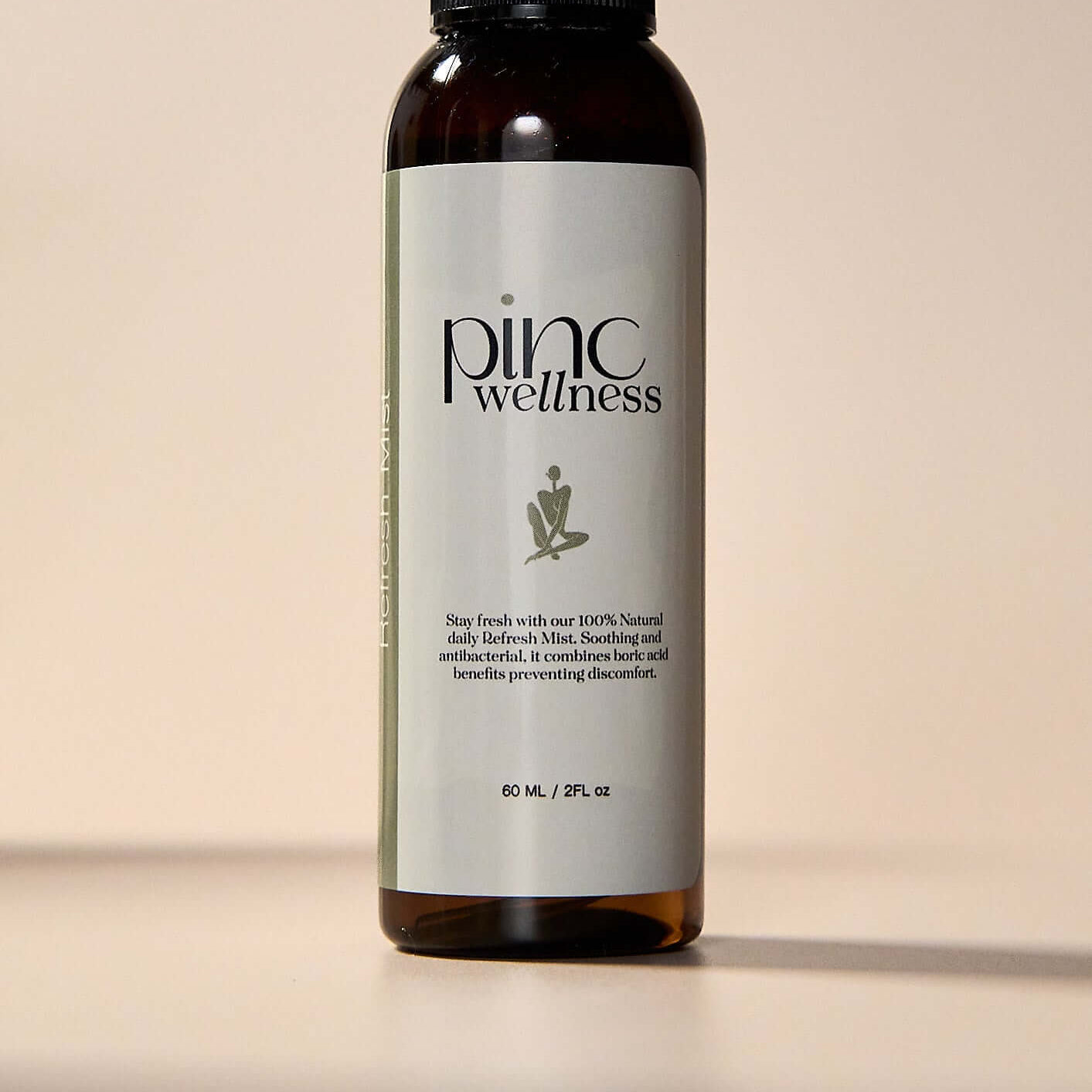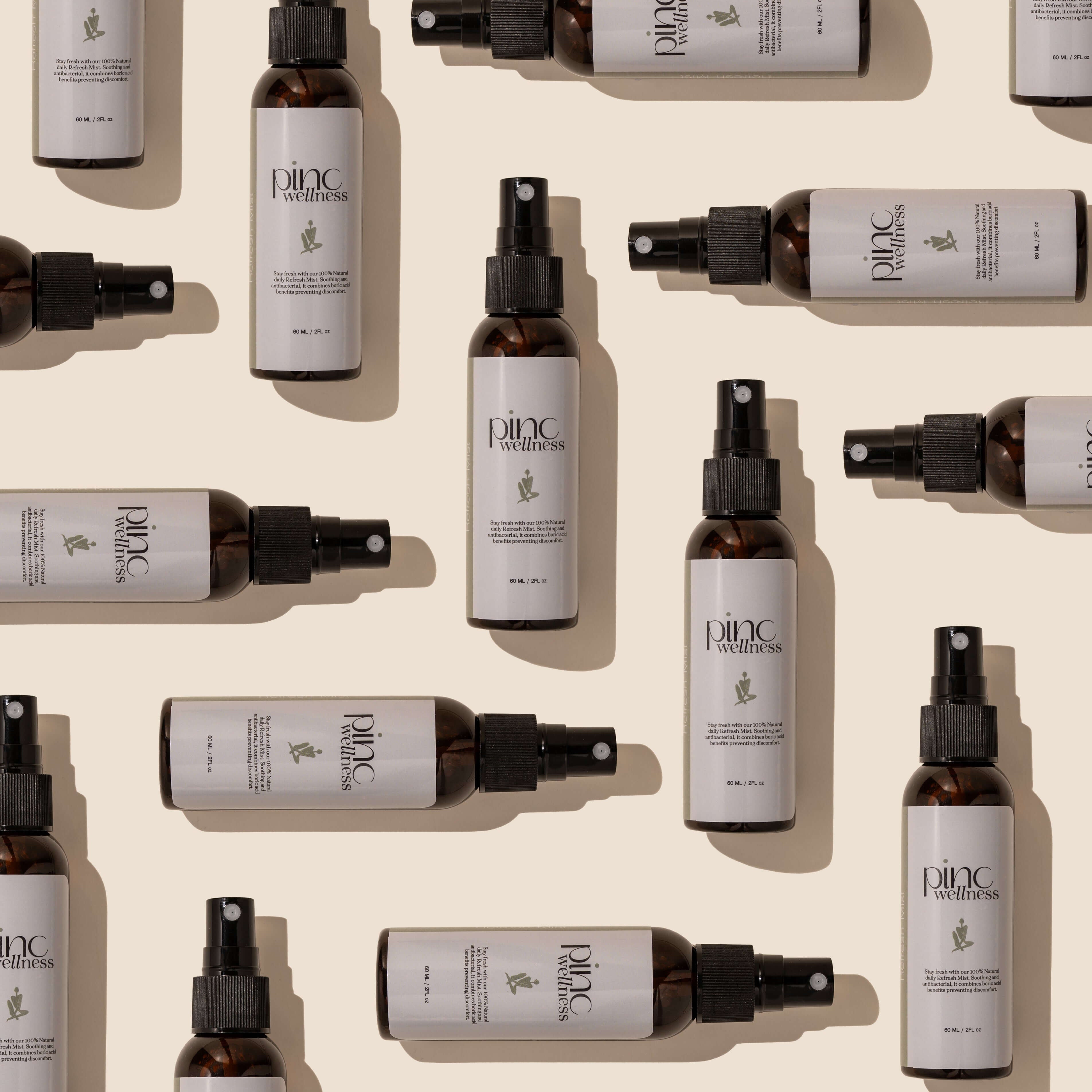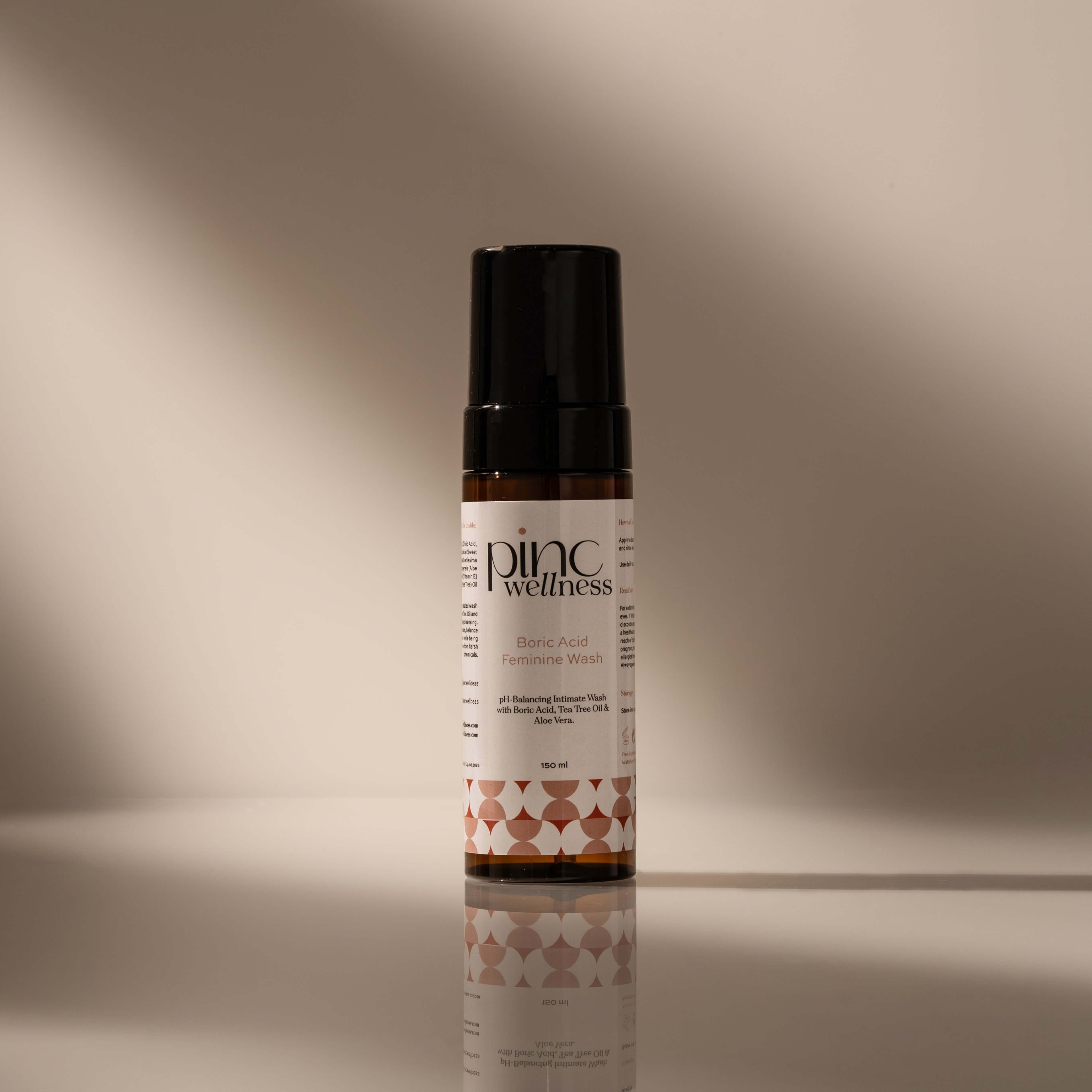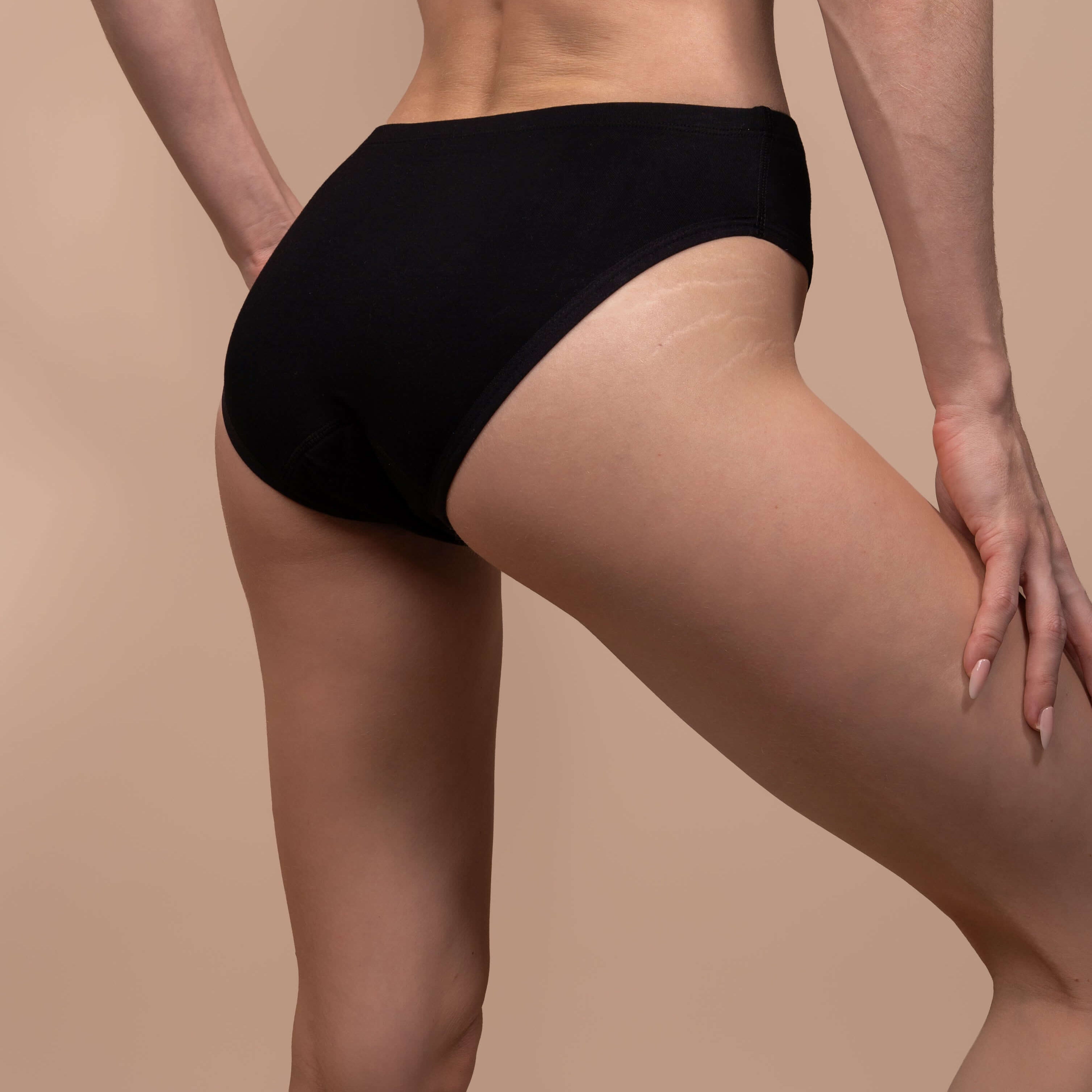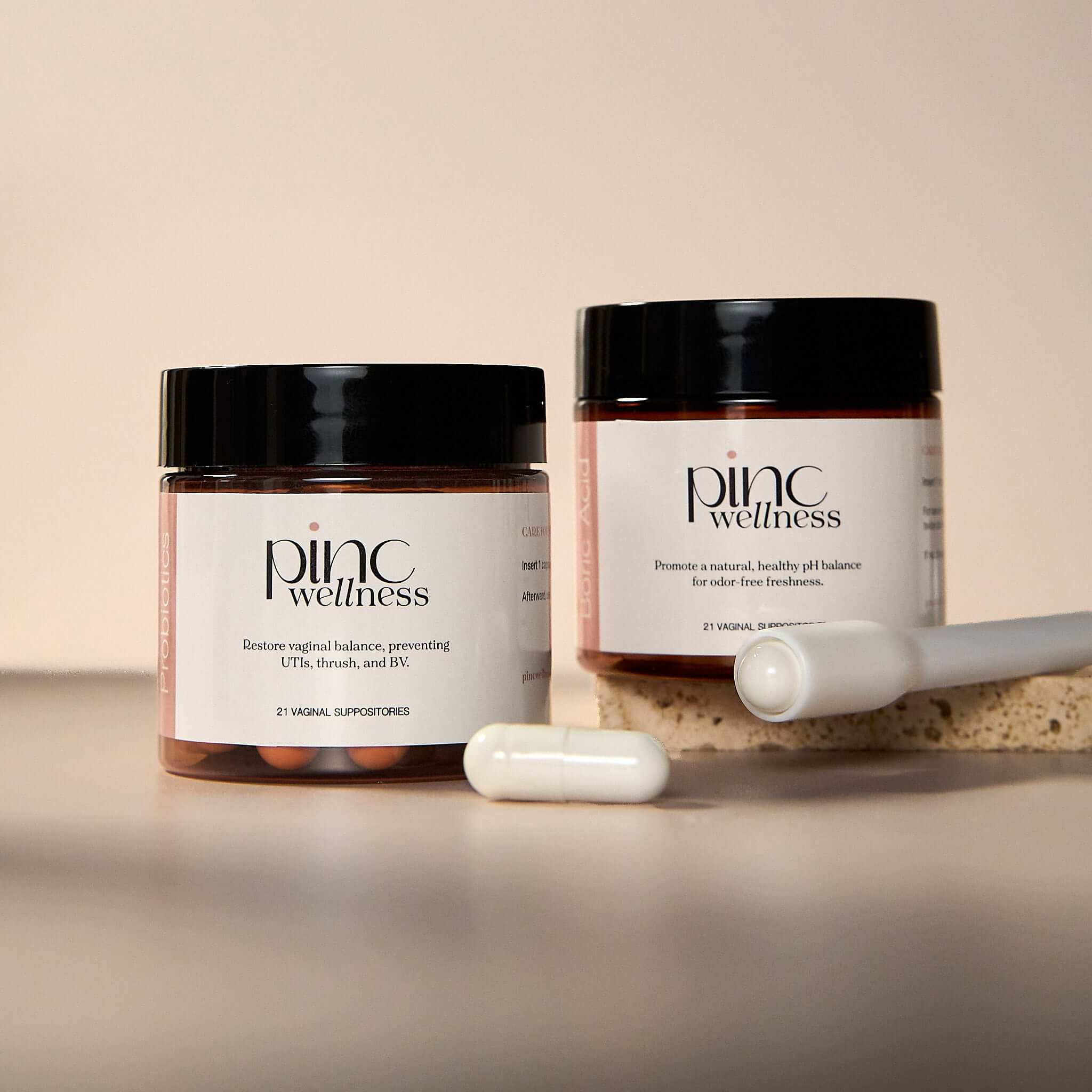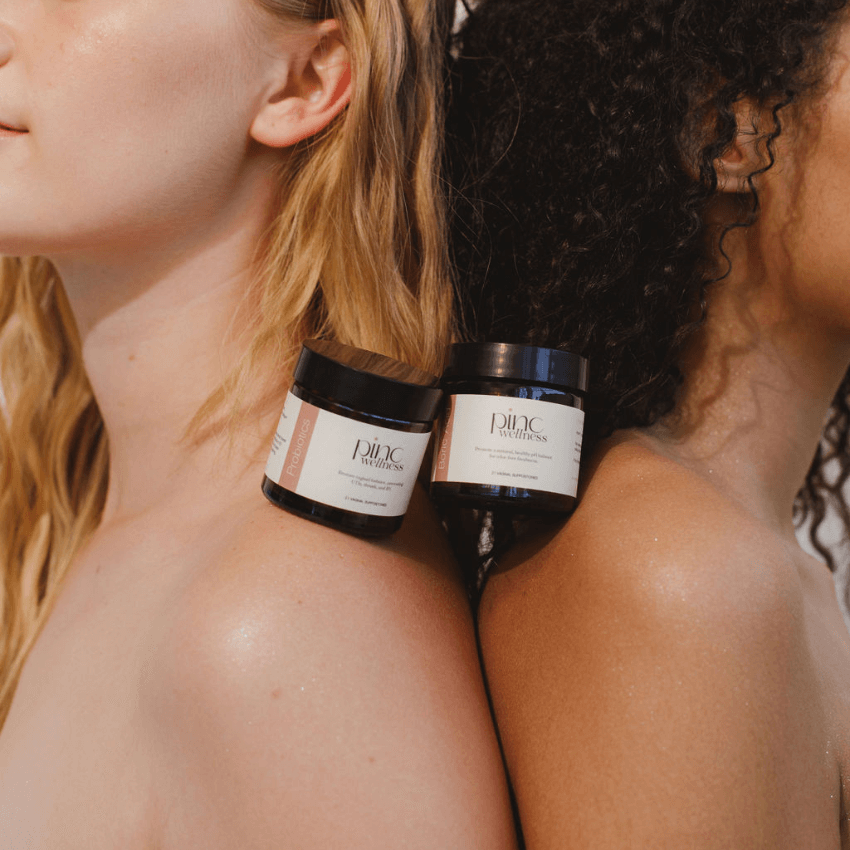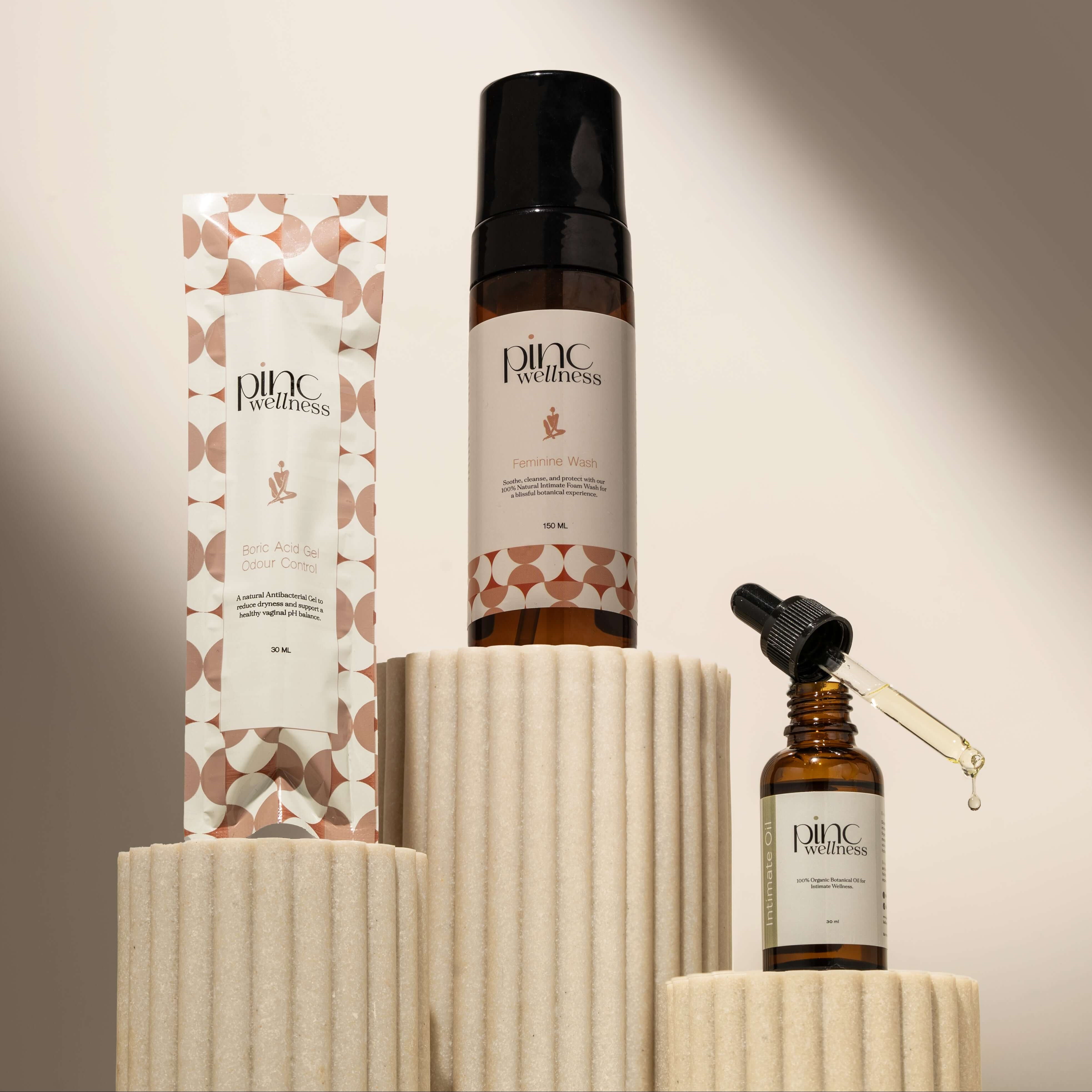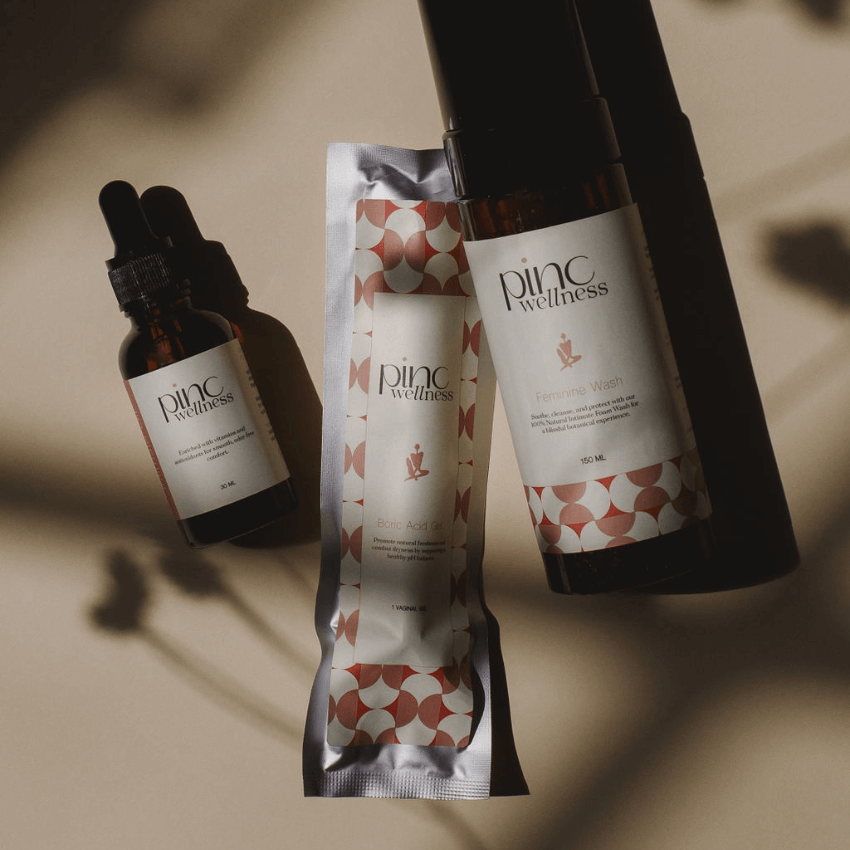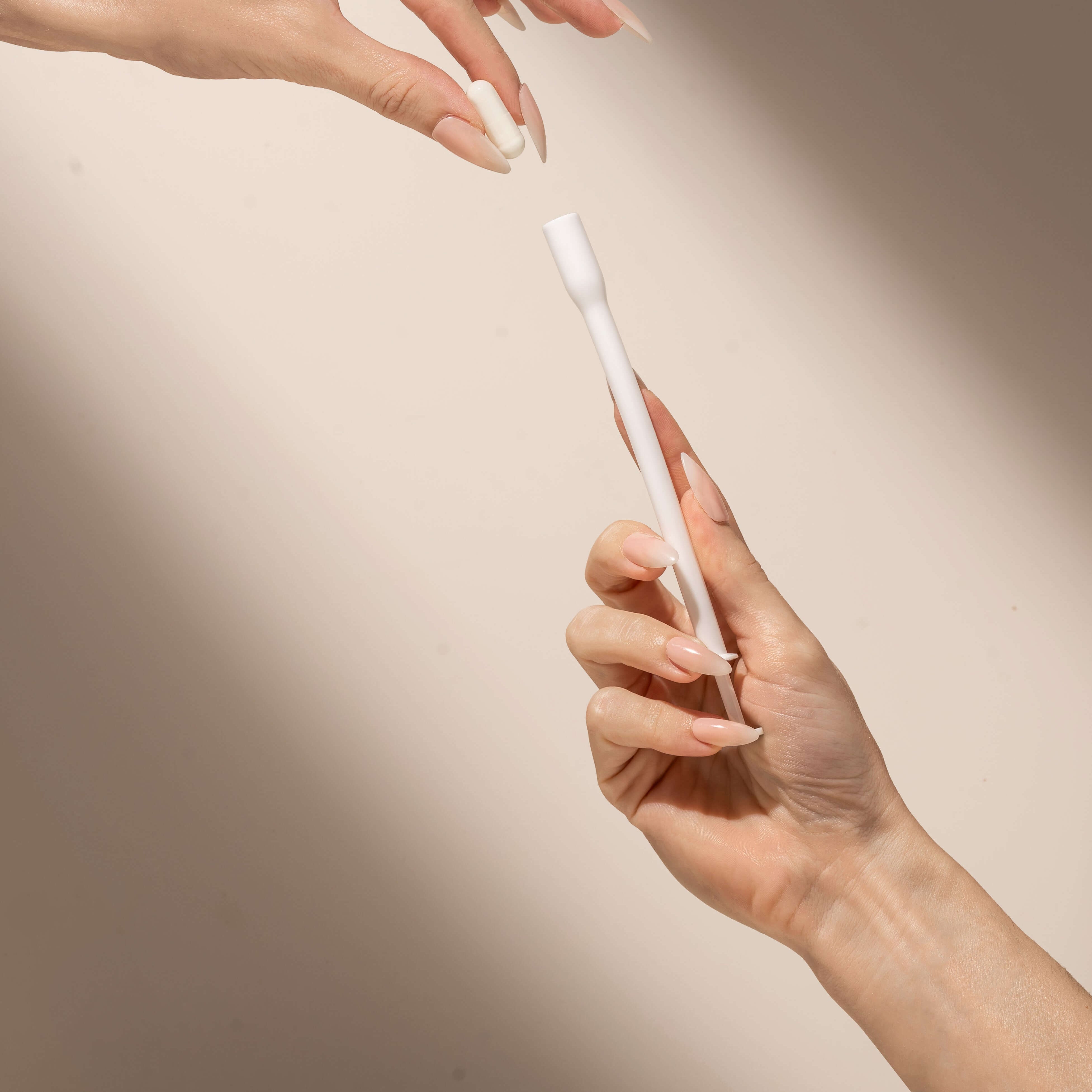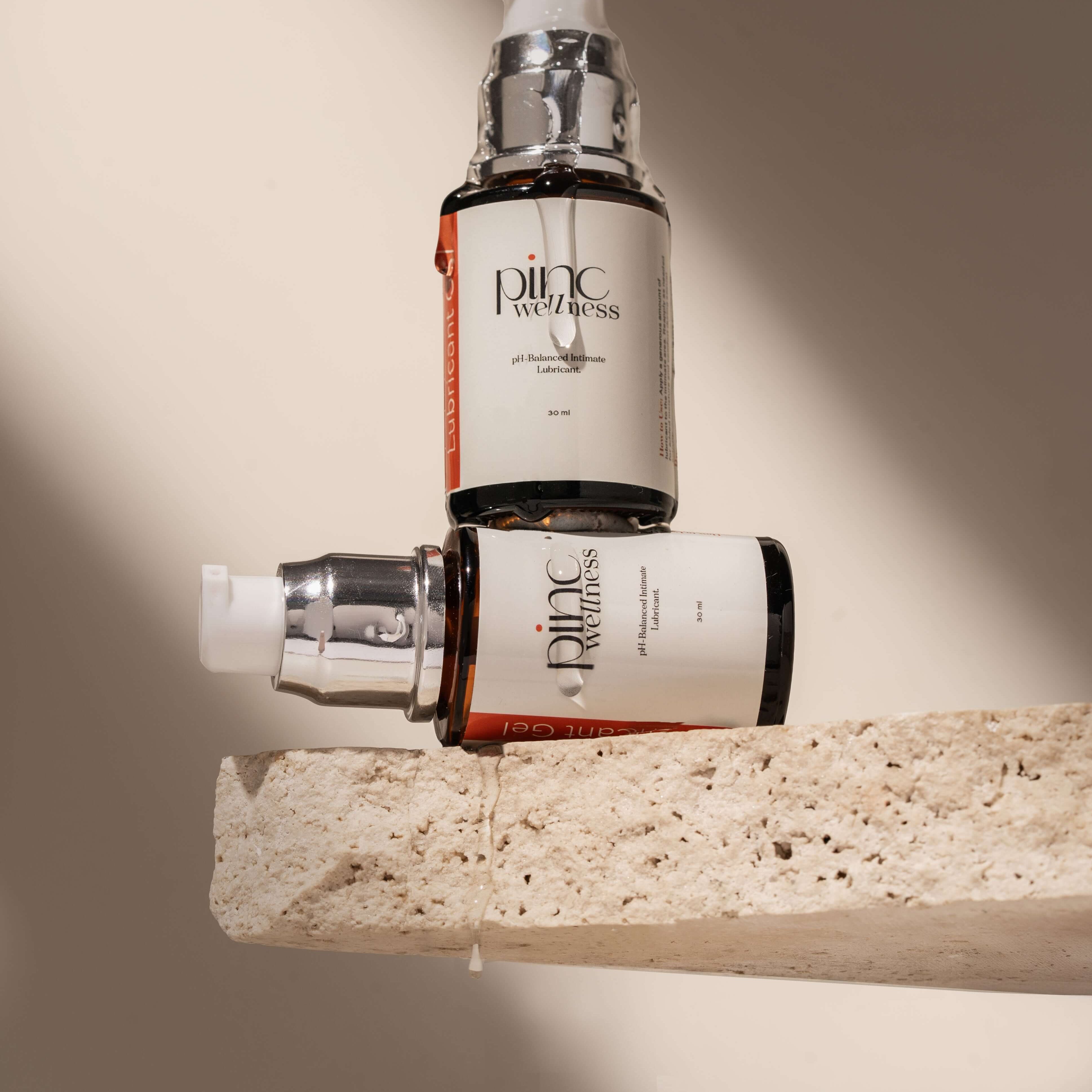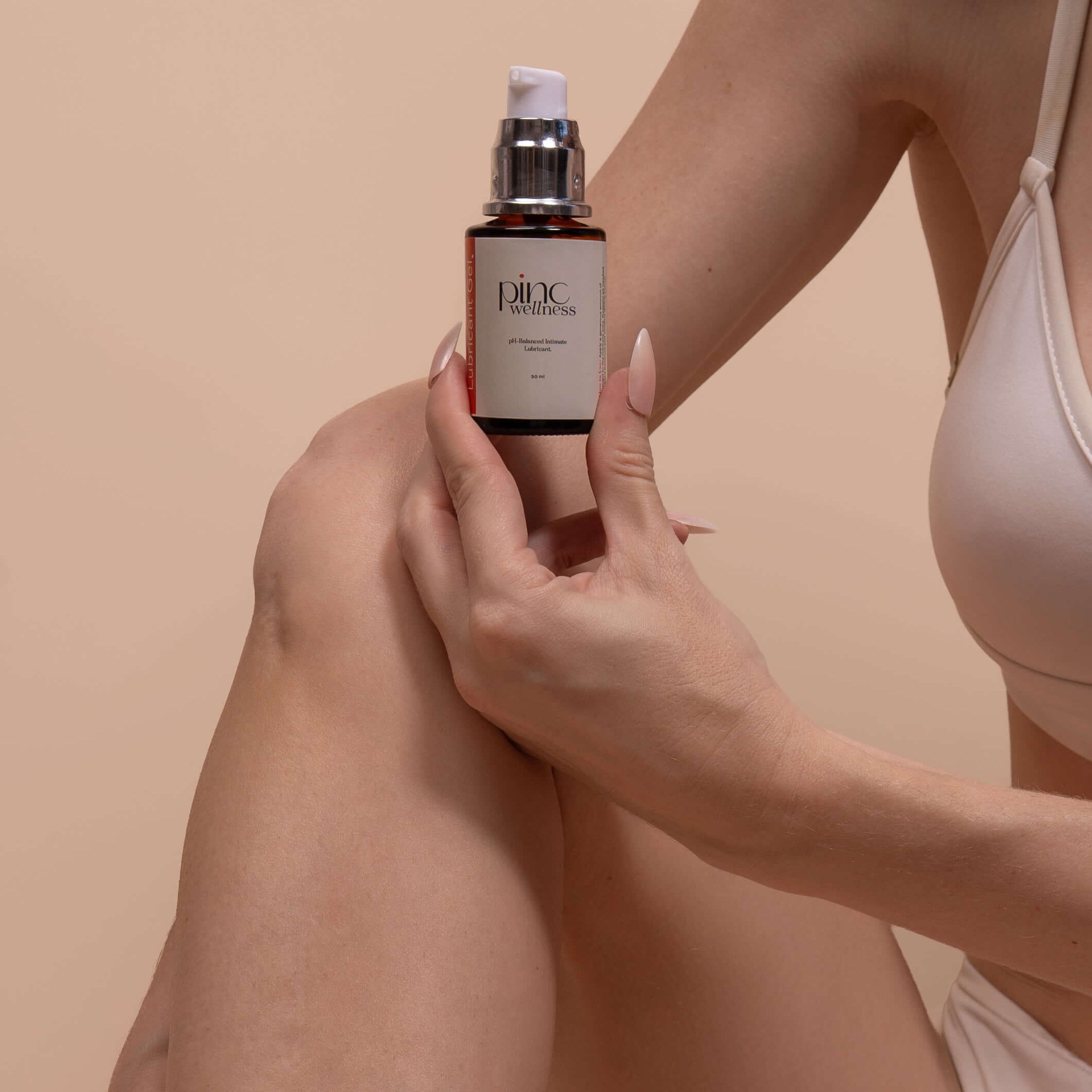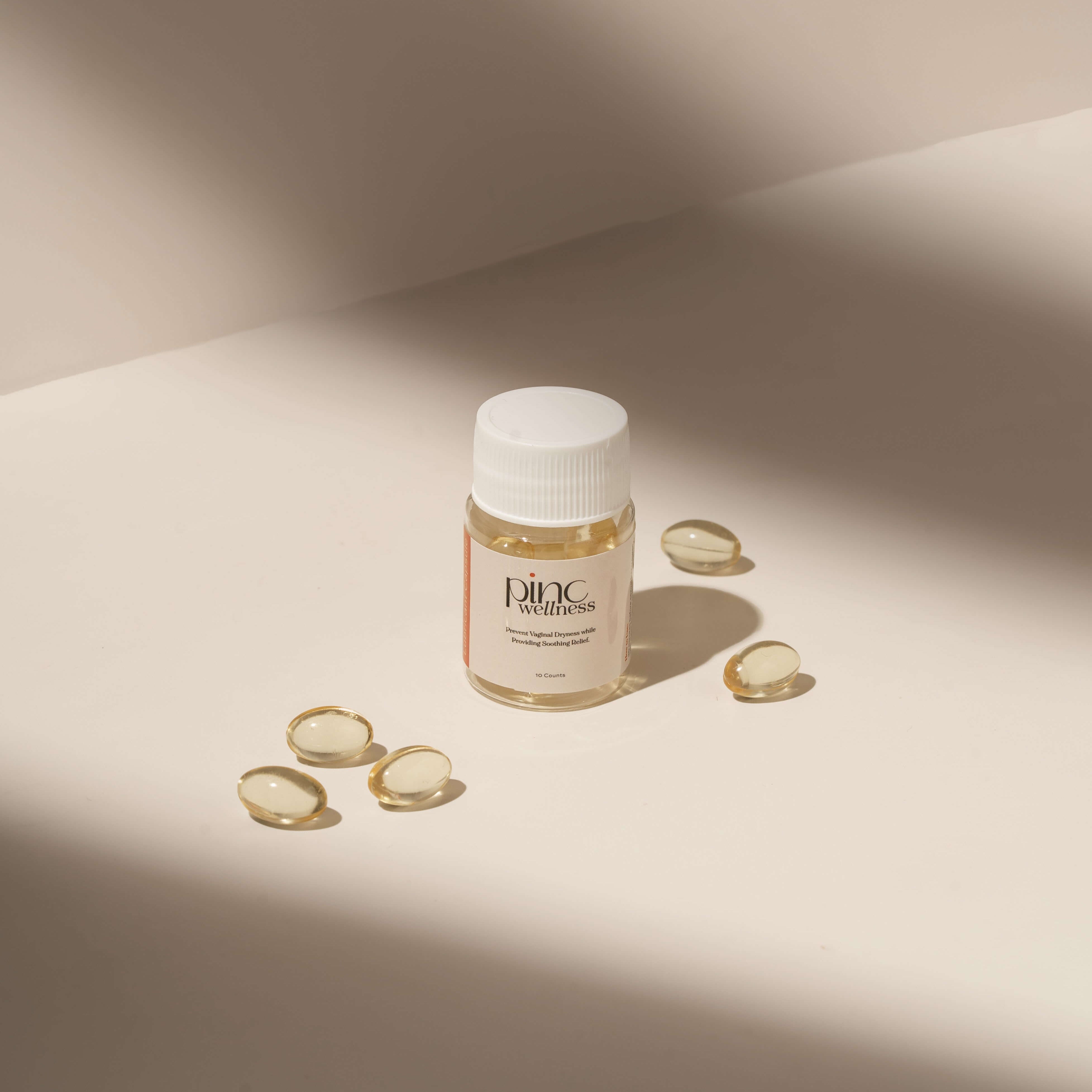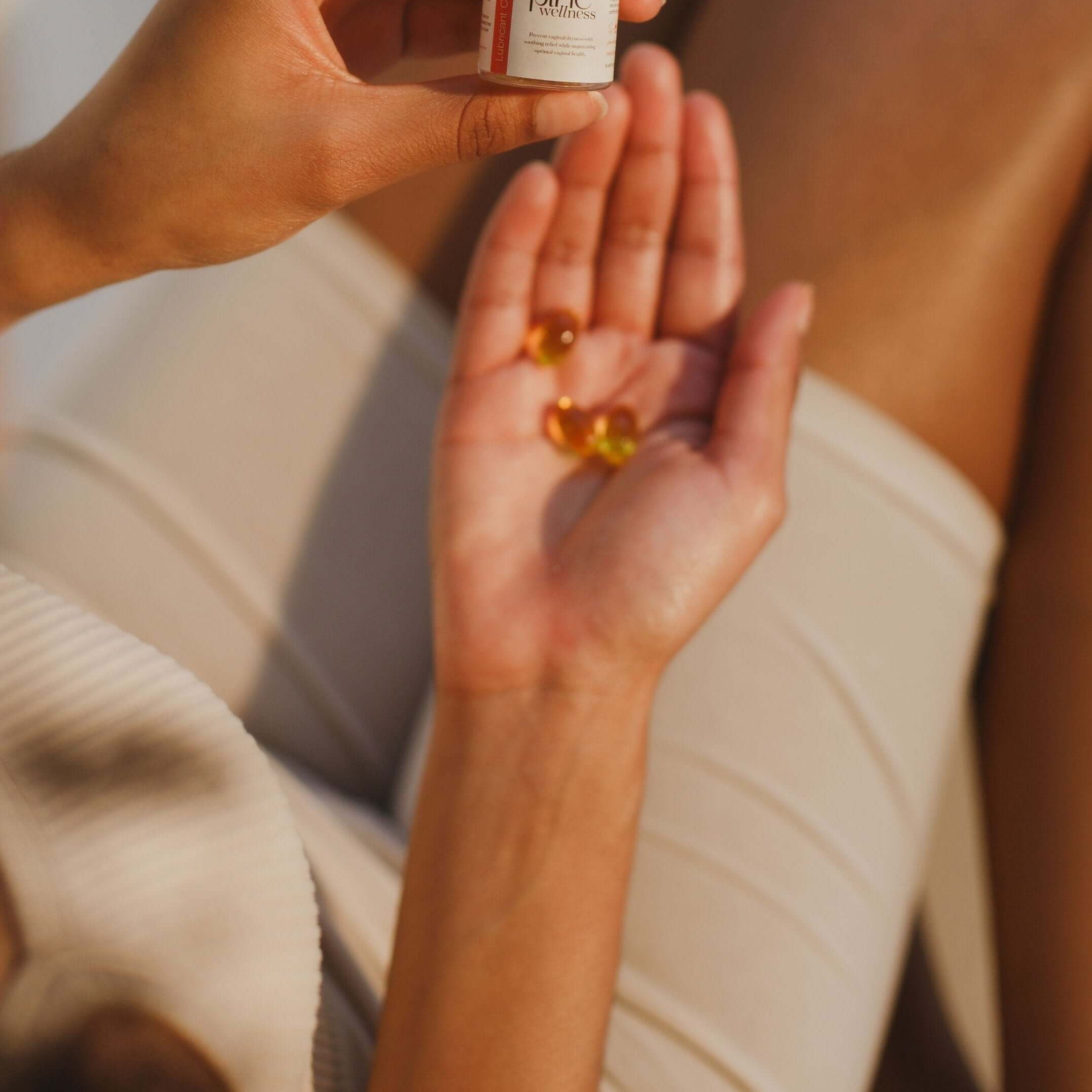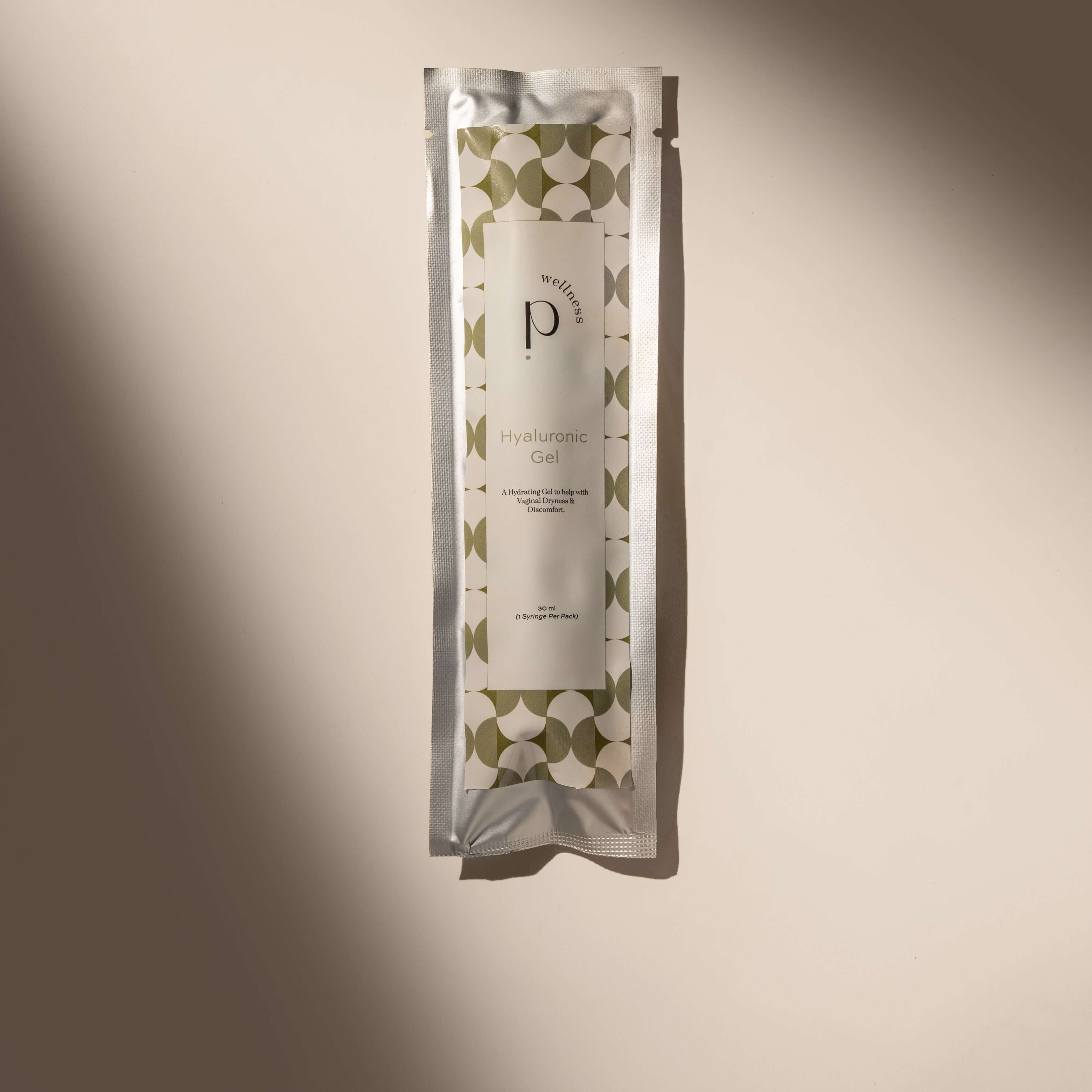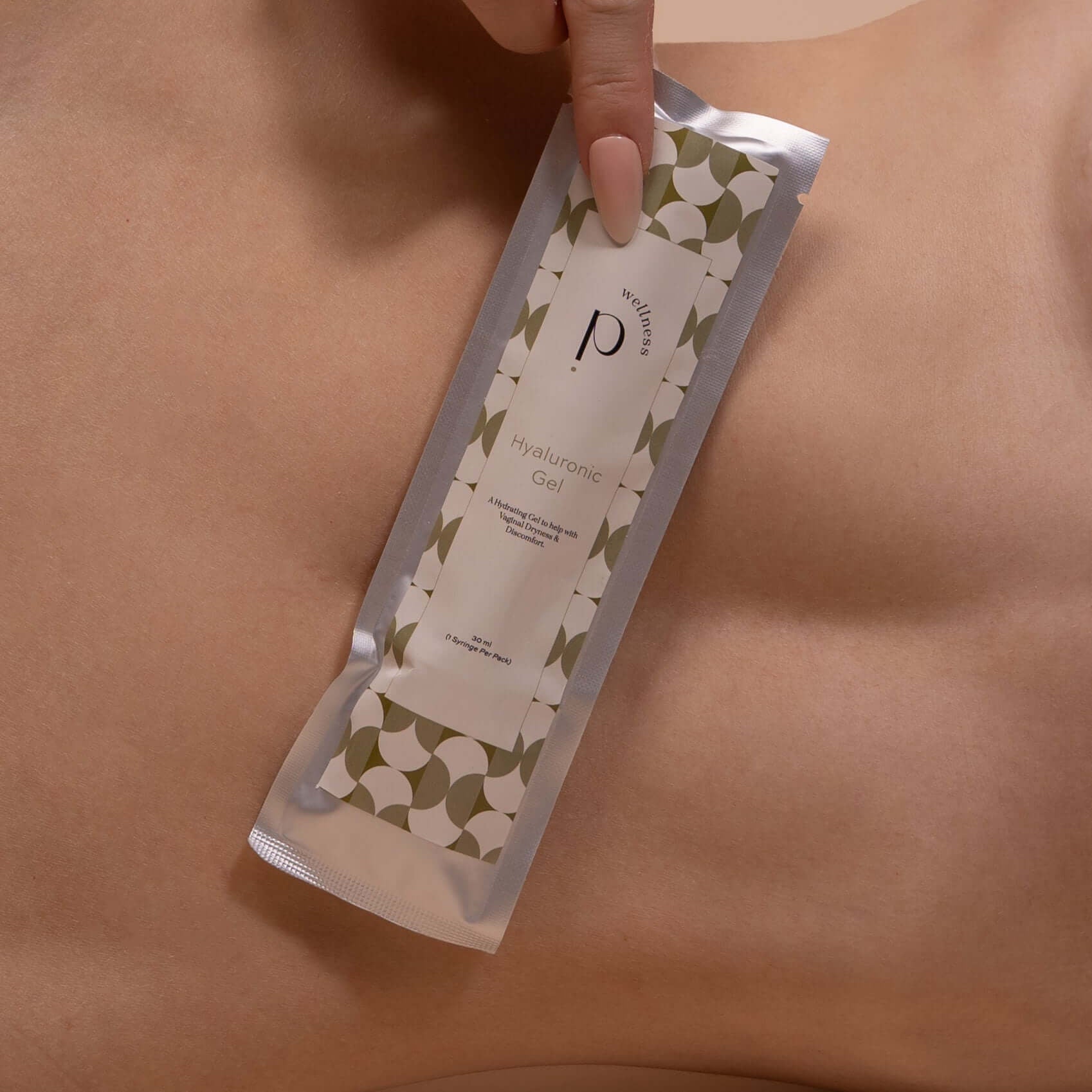When it comes to treating vaginal infections like yeast infections and bacterial vaginosis (BV), women often find themselves navigating a confusing mix of pharmaceutical options and natural remedies. One treatment that has gained increasing attention in recent years is boric acid. But how does this humble compound measure up against traditional prescription antifungals? Let’s explore what science has to say.
Understanding the Common Vaginal Infections
Before comparing treatments, it’s important to understand the conditions we’re talking about.
-
Yeast Infections: Typically caused by Candida albicans, but recurrent infections may be caused by non-albicans species such as Candida glabrata that are often resistant to standard treatments.
-
Bacterial Vaginosis (BV): A common imbalance in the vaginal flora where bad bacteria outnumber the good, leading to discharge, odor, and irritation.
The Standard Treatment: Prescription Antifungals
Prescription antifungals such as fluconazole (Diflucan), clotrimazole, and miconazole are the go-to solutions for vaginal yeast infections. For BV, antibiotics like metronidazole or clindamycin are typically prescribed.
-
Efficacy: Prescription antifungals show around 60% to 80% success rates in clearing infections caused by Candida albicans.
-
Limitations:
-
-
Less effective against non-albicans Candida species.
-
-
-
Risk of side effects such as nausea, headaches, or interactions with other medications.
-
-
-
Recurrent infections are common despite adherence to treatment.
-
Enter Boric Acid: A Natural Yet Potent Alternative
Boric acid has been used since the early 1900s for vaginal health, particularly for managing yeast infections that don’t respond to conventional treatments.
-
Mechanism: Boric acid works by acidifying the vaginal environment, making it inhospitable for yeast and bad bacteria. It also has antifungal and antibacterial properties.
-
Form: Typically used in the form of vaginal suppositories.
What the Research Says
1. Yeast Infections
Areview published in the Journal of Women’s Health (2007) found that boric acid cured up to 92% of yeast infections caused by non-albicans species. In contrast, azole antifungals like fluconazole had much lower success rates for these infections, often under 50%.
A 2021 NIH study reaffirmed that boric acid is significantly more effective for chronic or recurrent vulvovaginal candidiasis, especially when caused by drug-resistant fungi.
2. Bacterial Vaginosis
While fewer studies focus on BV treatment with boric acid alone, a 2009 pilot study found that using boric acid in combination with antibiotics increased cure rates to nearly 88%, compared to 70-75% with antibiotics alone.
More recent research suggests that boric acid can help break down biofilms formed by BV-causing bacteria, allowing other treatments to work more effectively.
Safety and Usage
Boric acid is considered safe when used vaginally and according to guidelines (typically one 600mg suppository daily for 7-14 days). However, it should never be taken orally and should be kept out of reach of children.
-
Side Effects: Mild burning or watery discharge may occur but are generally well tolerated.
-
Contraindications: Not recommended during pregnancy unless prescribed by a healthcare provider.
Final Verdict: Boric Acid vs. Prescription Antifungals
|
Criteria |
Prescription Antifungals |
Boric Acid Suppositories |
|
Effectiveness (Yeast) |
60-80% (Candida albicans) |
Up to 92% (non-albicans) |
|
Effectiveness (BV) |
~70-75% |
Up to 88% (with combo) |
|
Recurrence Prevention |
Low |
High with maintenance use |
|
Side Effects |
Moderate |
Mild |
|
Ease of Access |
Prescription required |
OTC in many countries |
Conclusion
Science increasingly supports boric acid as a powerful ally in the treatment of tough or recurring vaginal infections. While it may not completely replace prescription medications in all scenarios, it serves as a trusted option when other treatments fail. For many women seeking relief from recurrent infections or drug-resistant strains, boric acid offers a safe, affordable, and effective alternative.
If you’re considering boric acid suppositories, consult with a healthcare provider to ensure it’s the right choice for your individual needs. And as always, trust your body and listen to what it needs to stay balanced and healthy.

